
Thank you for your interest in becoming our next Executive Director of EDI at The University of Manchester. We are one of the UK’s largest single-site higher education institutions, with more than 13,000 members of staff and 46,000 students drawn from a wide variety of backgrounds. As a member of the University, you will become part of a truly diverse and global community of staff, students, and alumni all focused on ensuring we are recognised globally for the excellence of our people, research, learning and innovation, and for the benefits we bring to society.
This is an exciting time to join The University as we look to welcome our new President and Vice Chancellor, Professor Duncan Ivison, in August. 2024 is also the University’s bicentenary and throughout the year we will be marking 200 years of learning, innovation, and research, of incredible people, and of global influence. As our new Executive Director of EDI and member of the University’s Professional Services Leadership Team you will play a critical role in shaping our strategic direction as well as inspiring, organising, and directing the work of the EDI Directorate (currently 9 people) who have a remit for both our staff and student communities to deliver against the University’s vision and objectives.
A career in Higher Education has always been rewarding but never more so than now. The opportunities and challenges presented by the external political, economic and social environment, the way in which people engage with work and study, the growth of AI, and emerging technologies, against an ever-developing and complex EDI landscape all present the Executive Director with opportunities to make a fundamental difference to our university community over the next decade.
We want our Executive Director to be able to hit the challenges head-on, to bring enthusiasm, innovation, and exceptional judgment whilst building trust, respect and confidence quickly. The ability to operate and deliver in a complex, multi-layered environment and adapt to different audiences is essential, as is the ability to build trust, respect and confidence quickly. We are looking for a person who can fulfil the promises set out in our current three-year EDI strategy and build on these for our ambitious future alongside overseeing operational delivery of our Charters and frameworks.
The role requires someone with a depth of knowledge, passion for all aspects of EDI and willingness to learn and develop with our diverse communities. Collaboration with key stakeholders across all functions, both internally and externally, will inform effective and efficient delivery of the organisation’s priorities.
Of vital importance to us is your ability to role model The University’s values and demonstrate compassion and commitment to ensuring a fully adaptable, accessible, and inclusive culture.
If you have the vision and ambition required for this critical role and can turn strategy into delivery with demonstrable impact, we would love to hear from you.

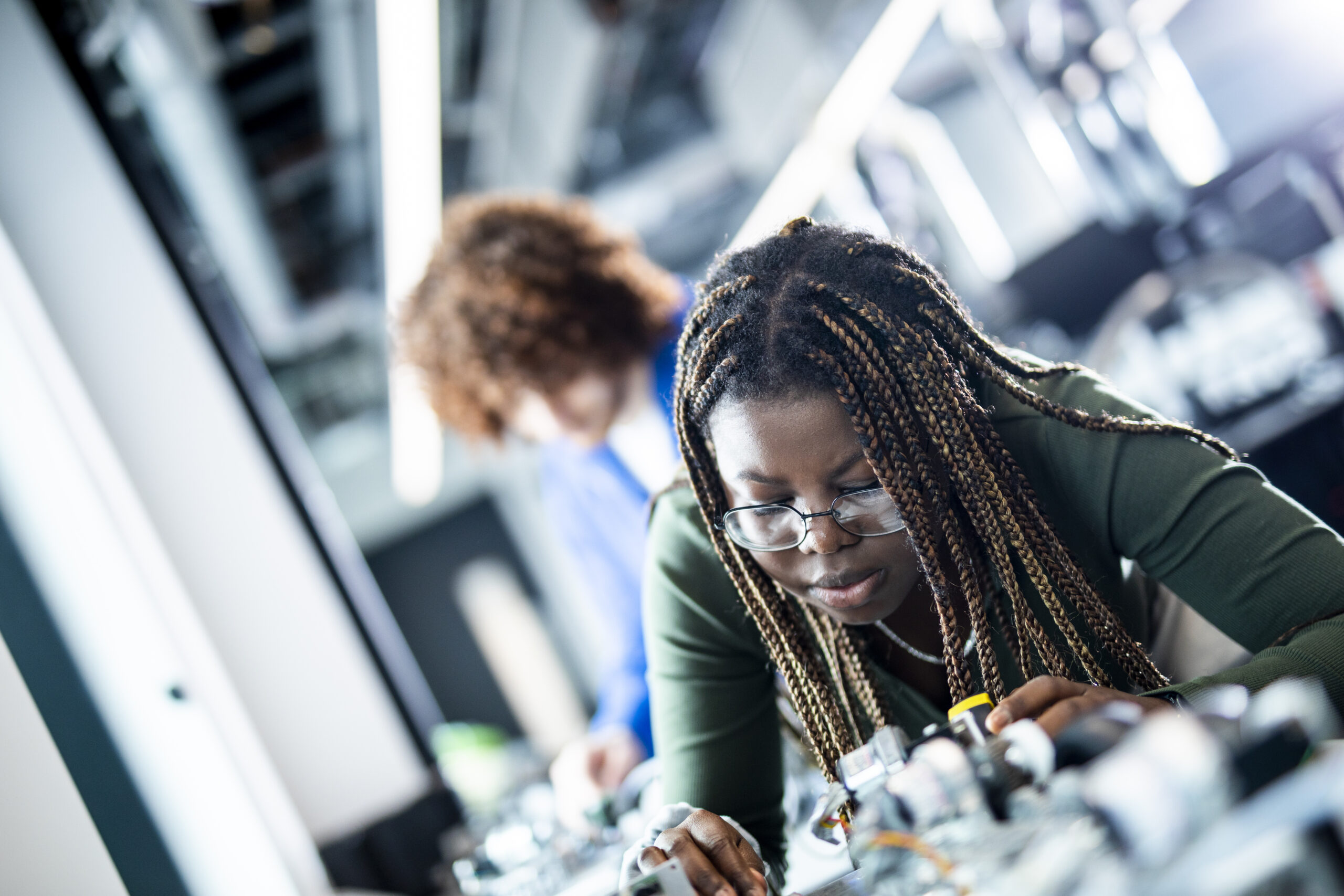





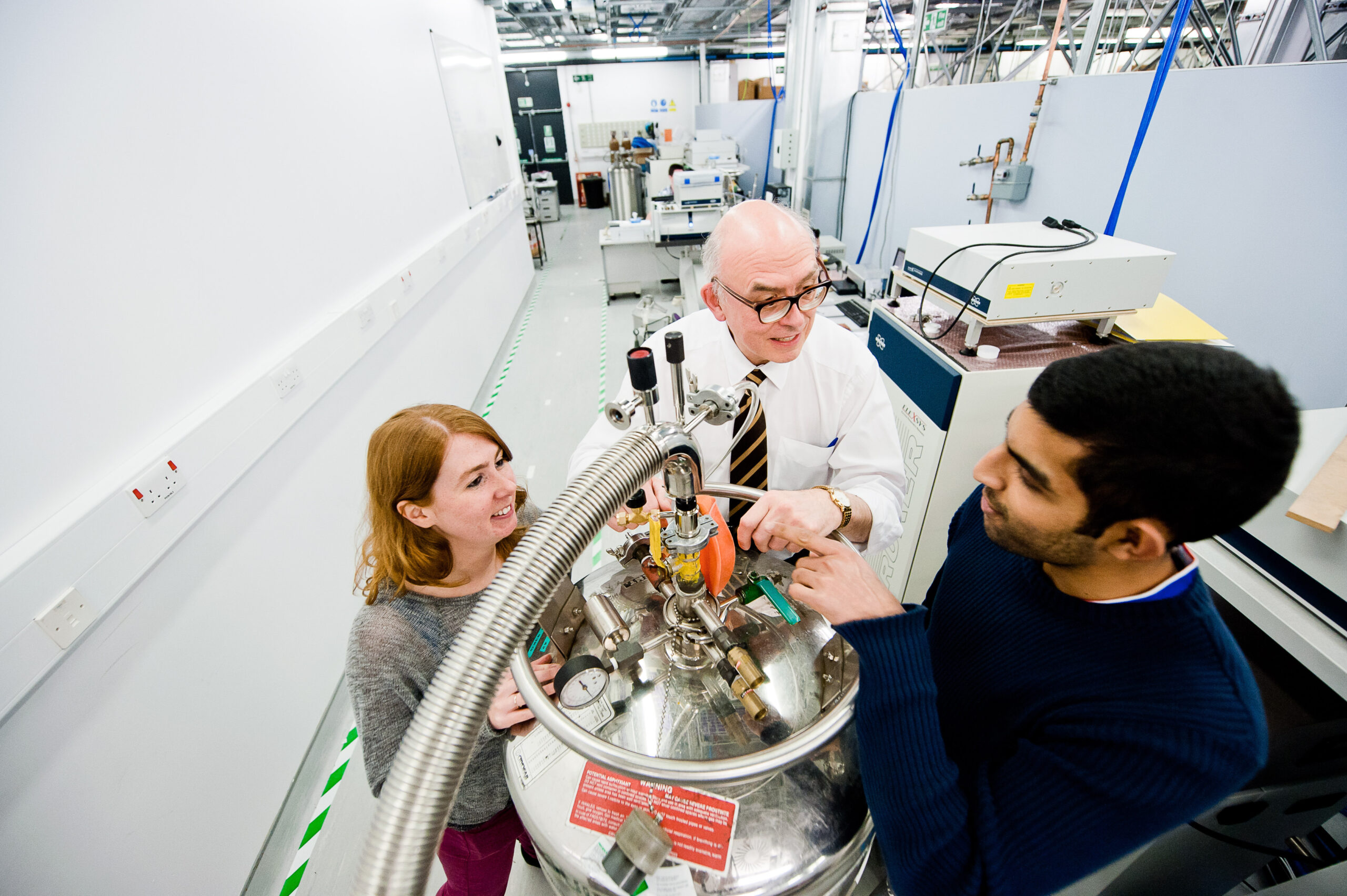


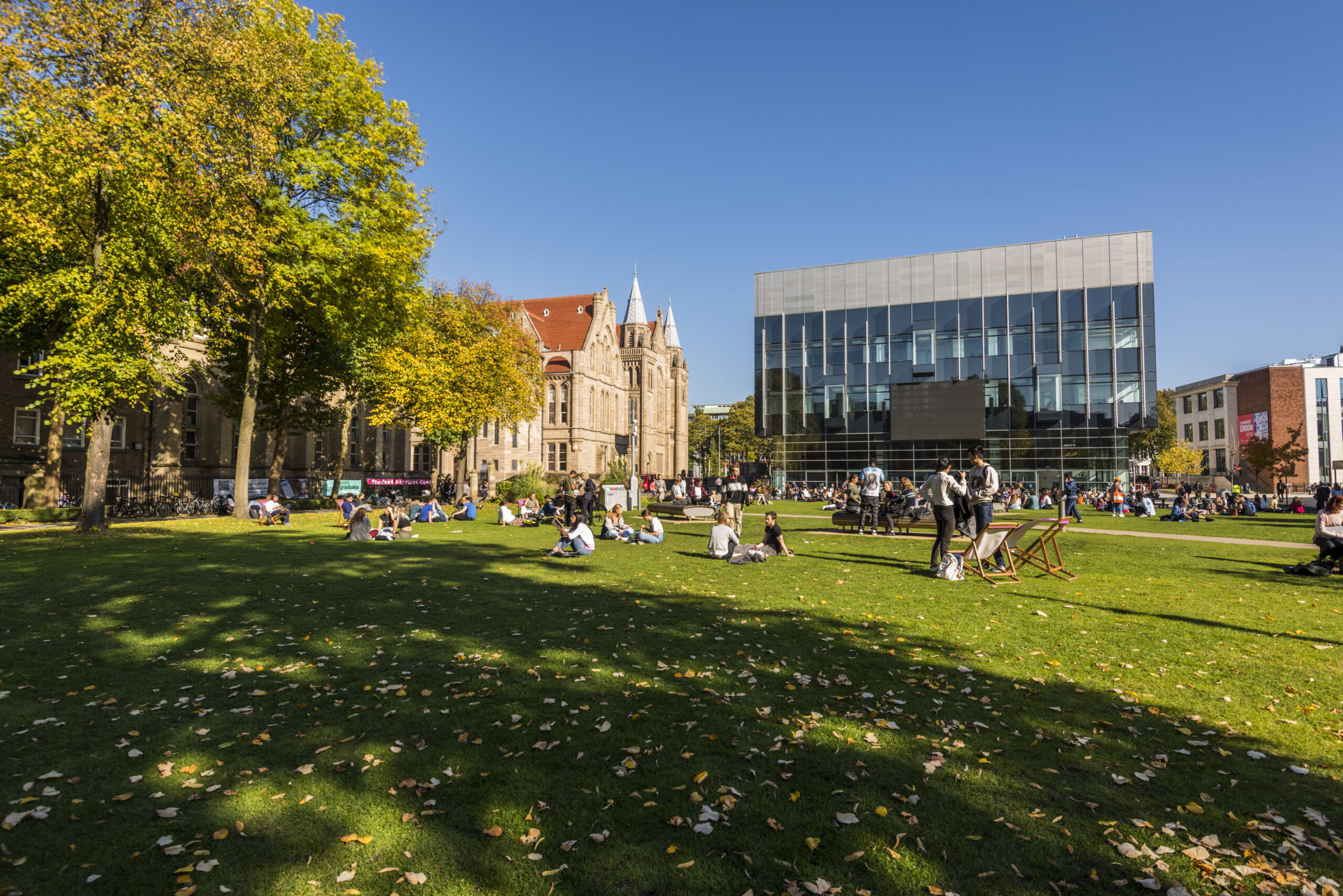
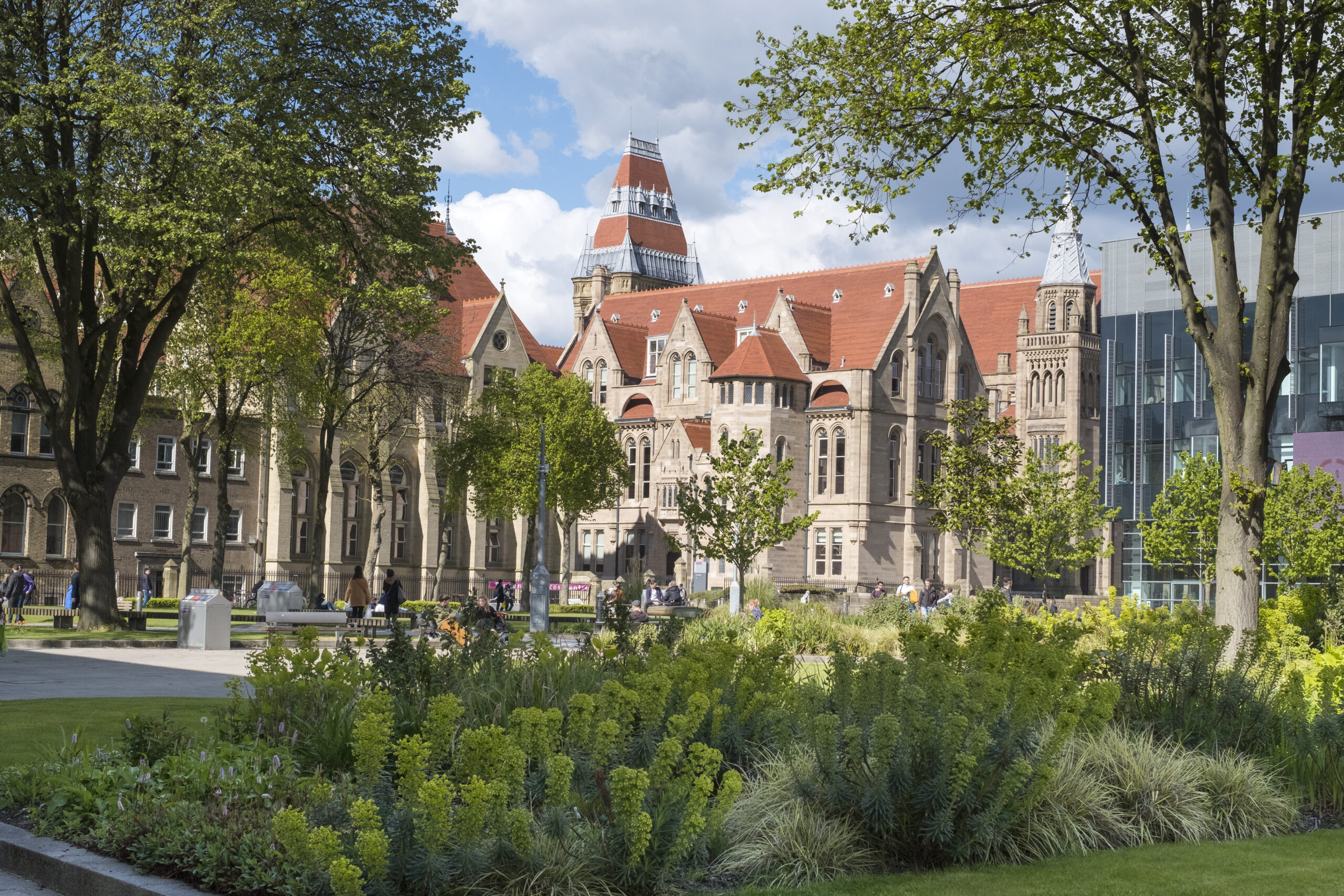

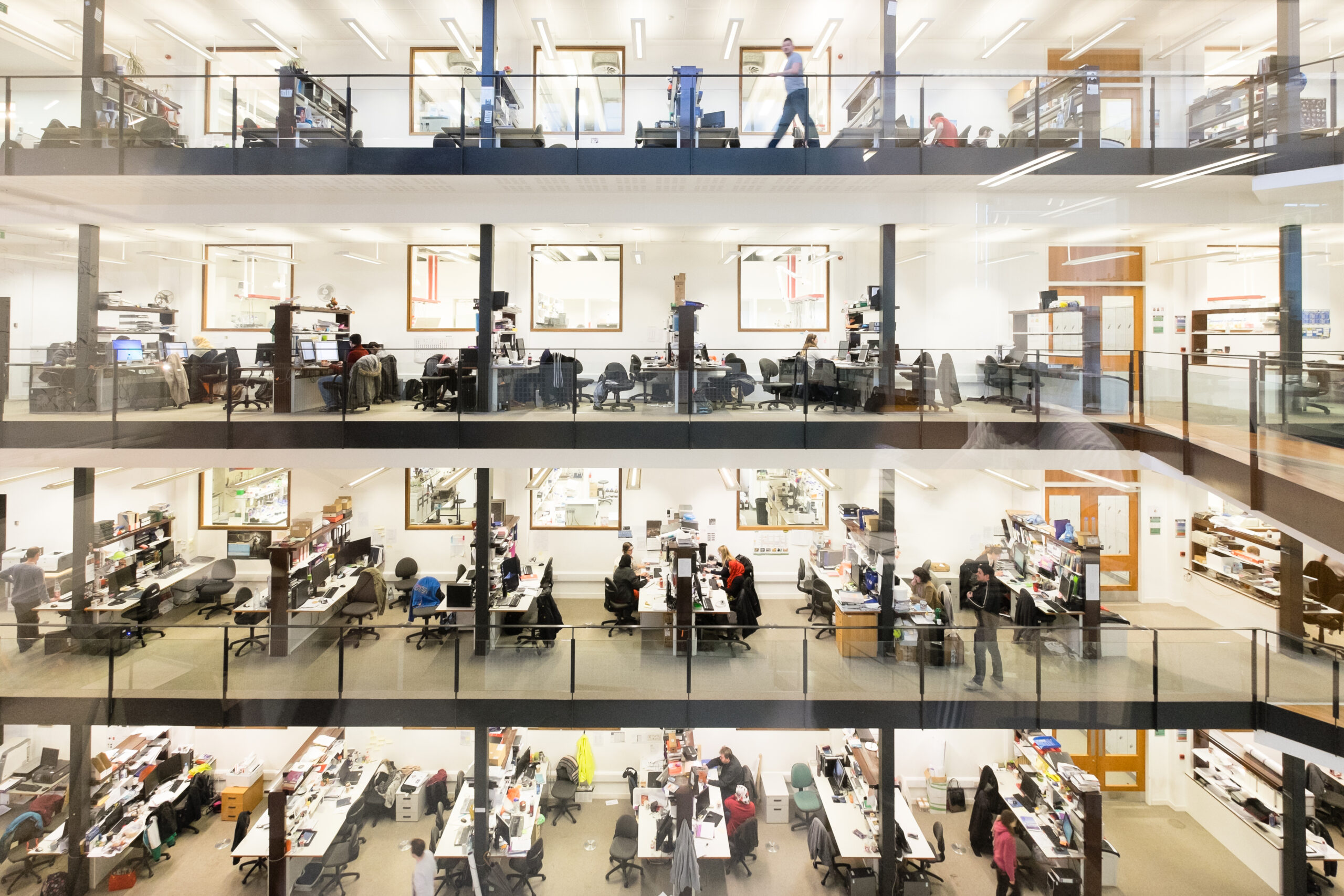




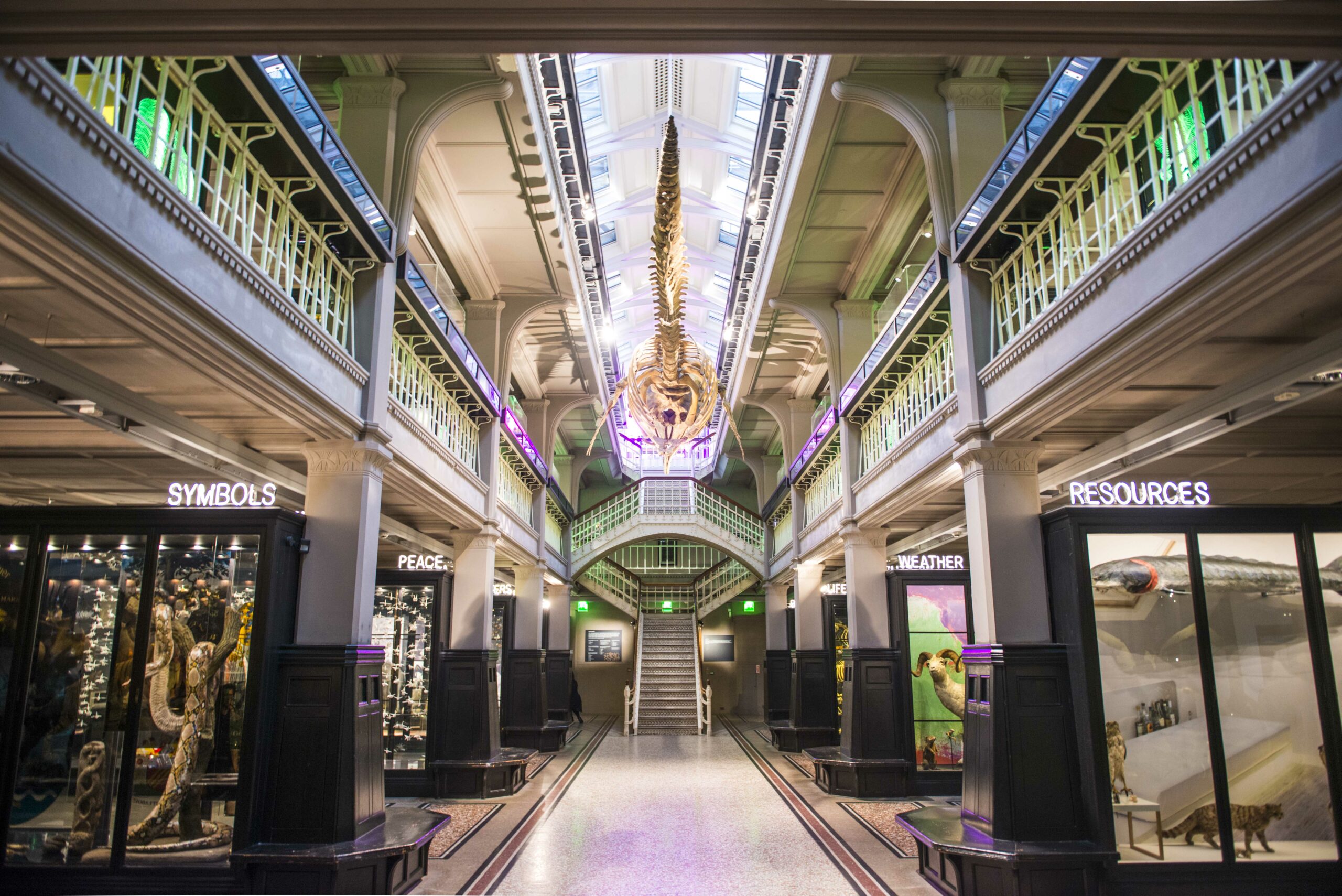
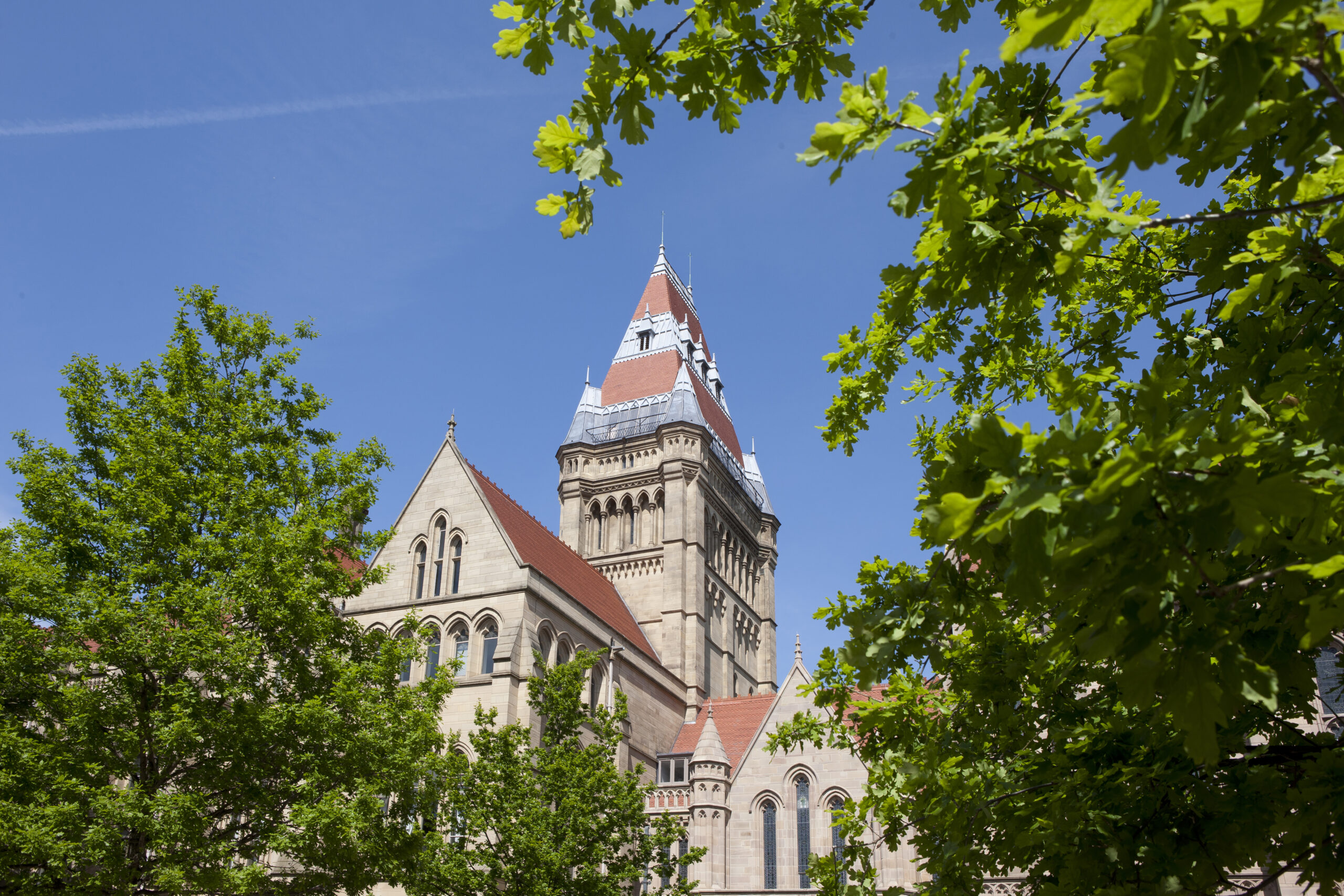

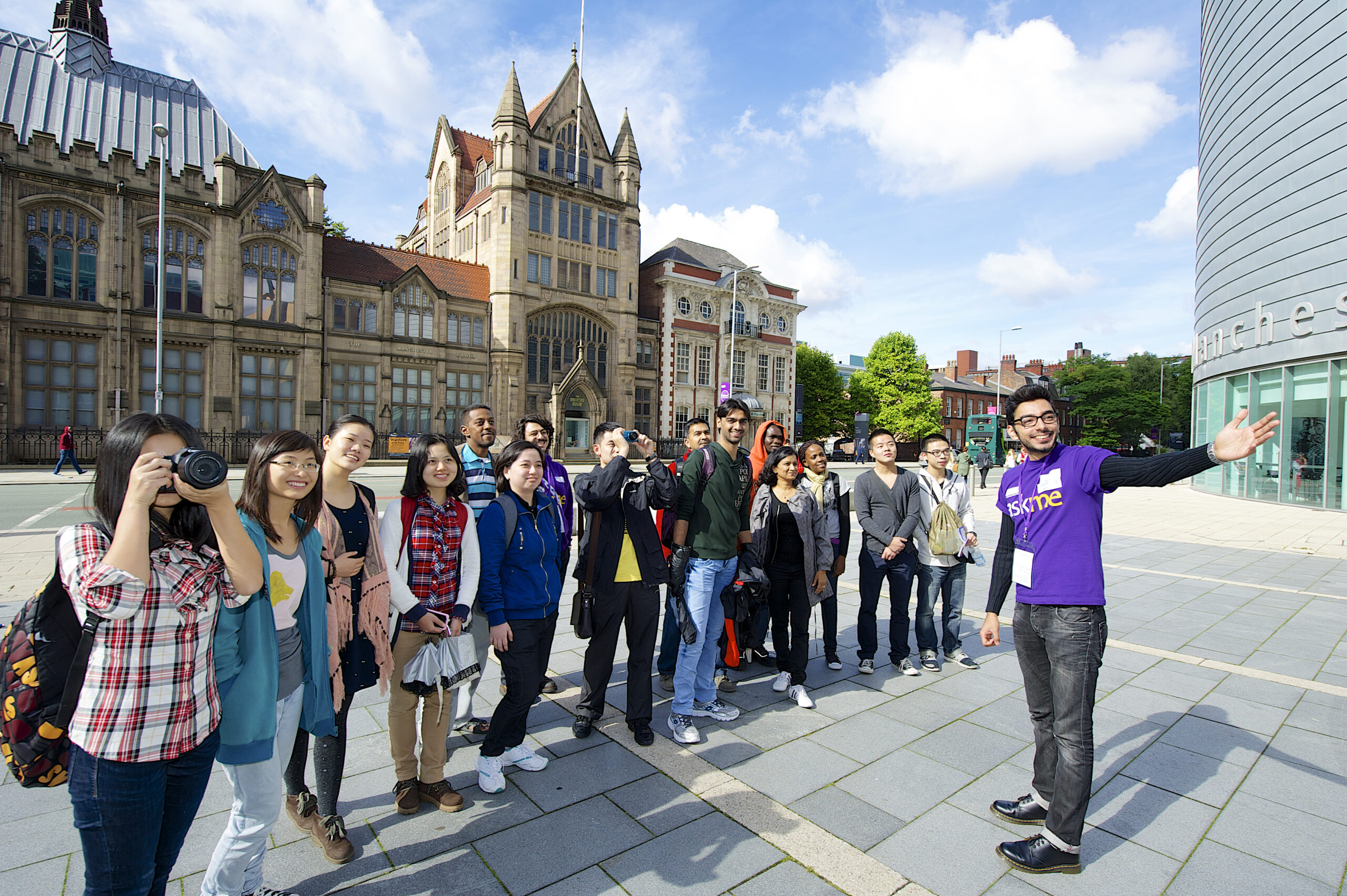
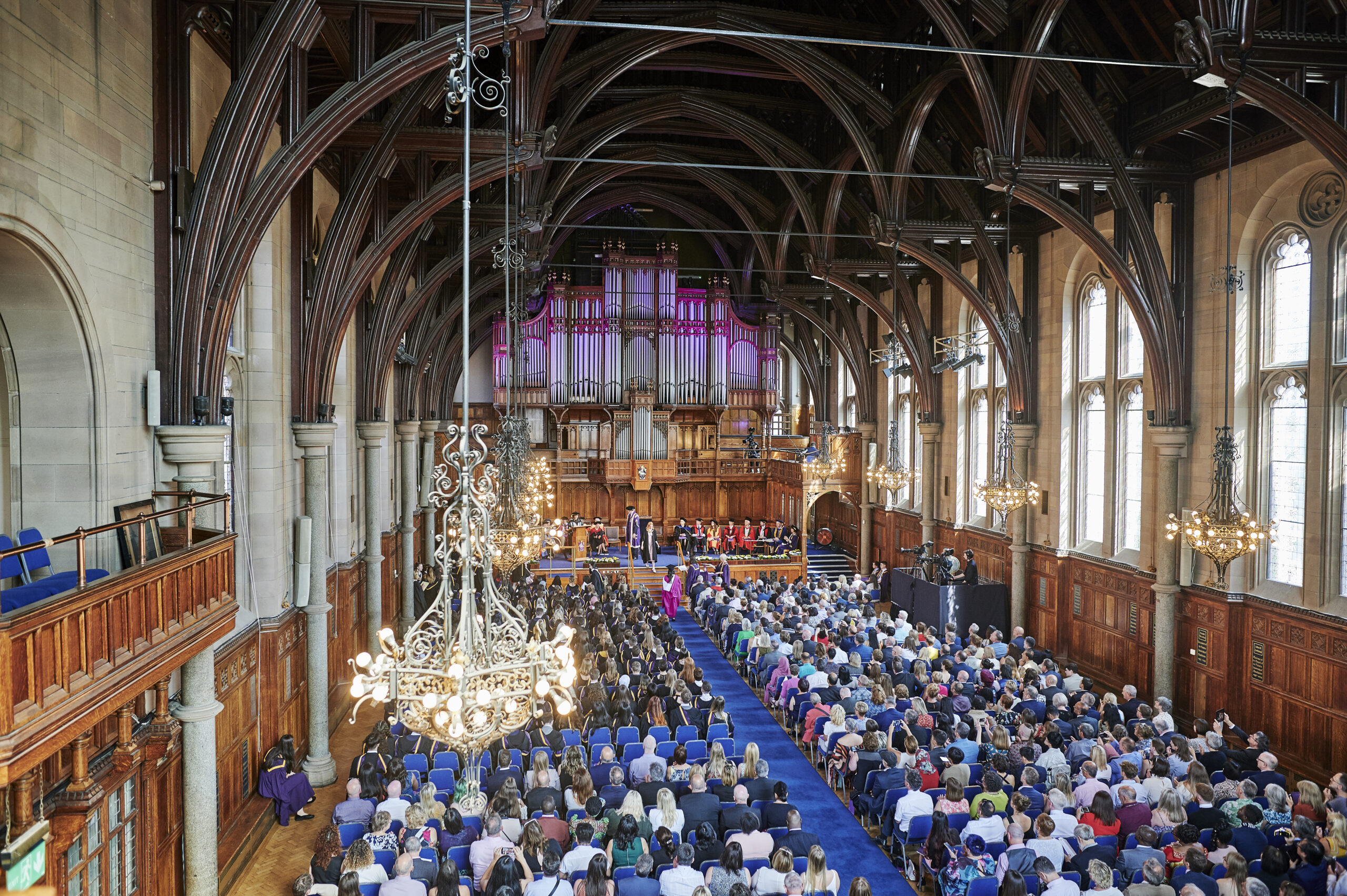

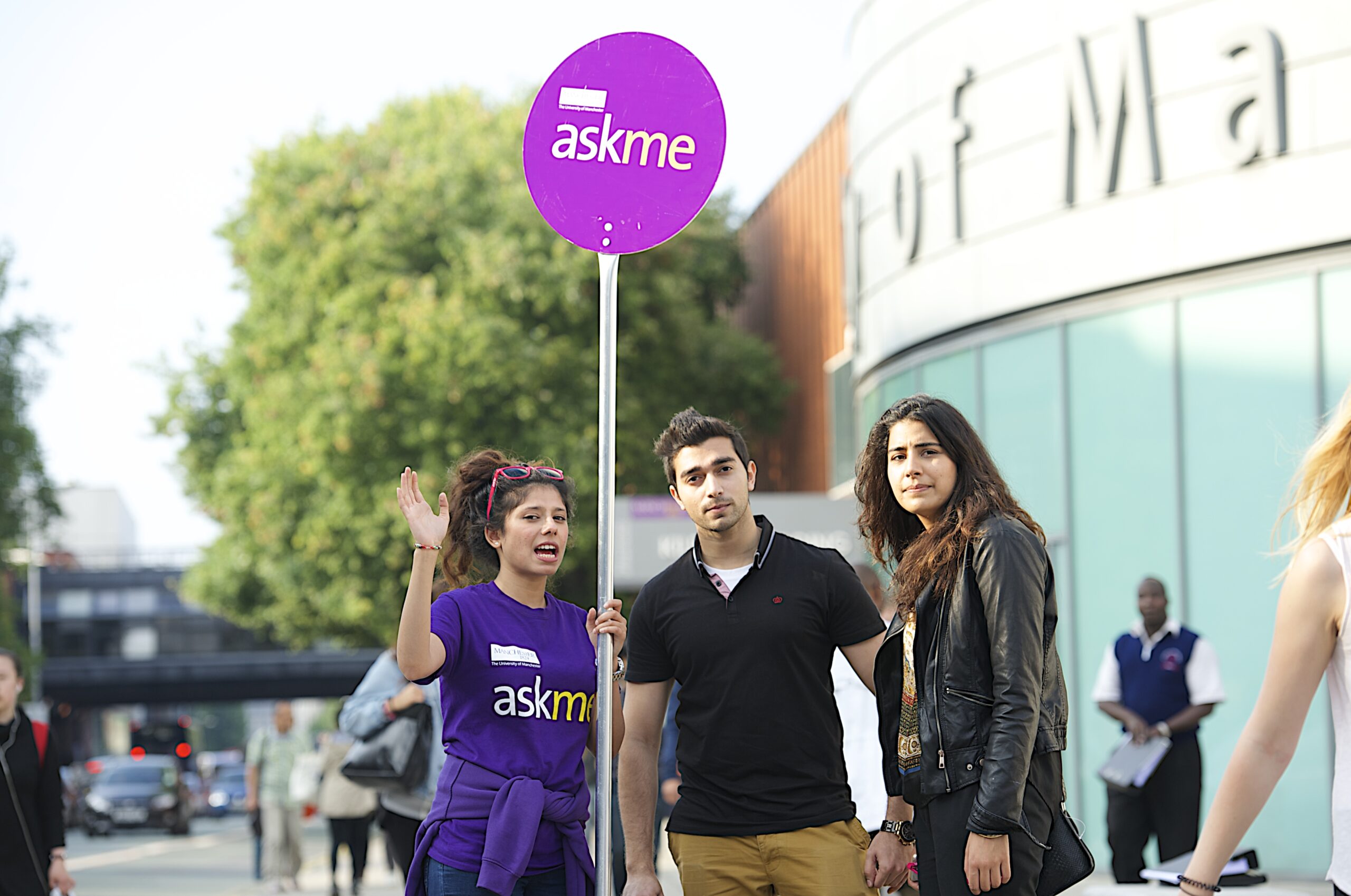
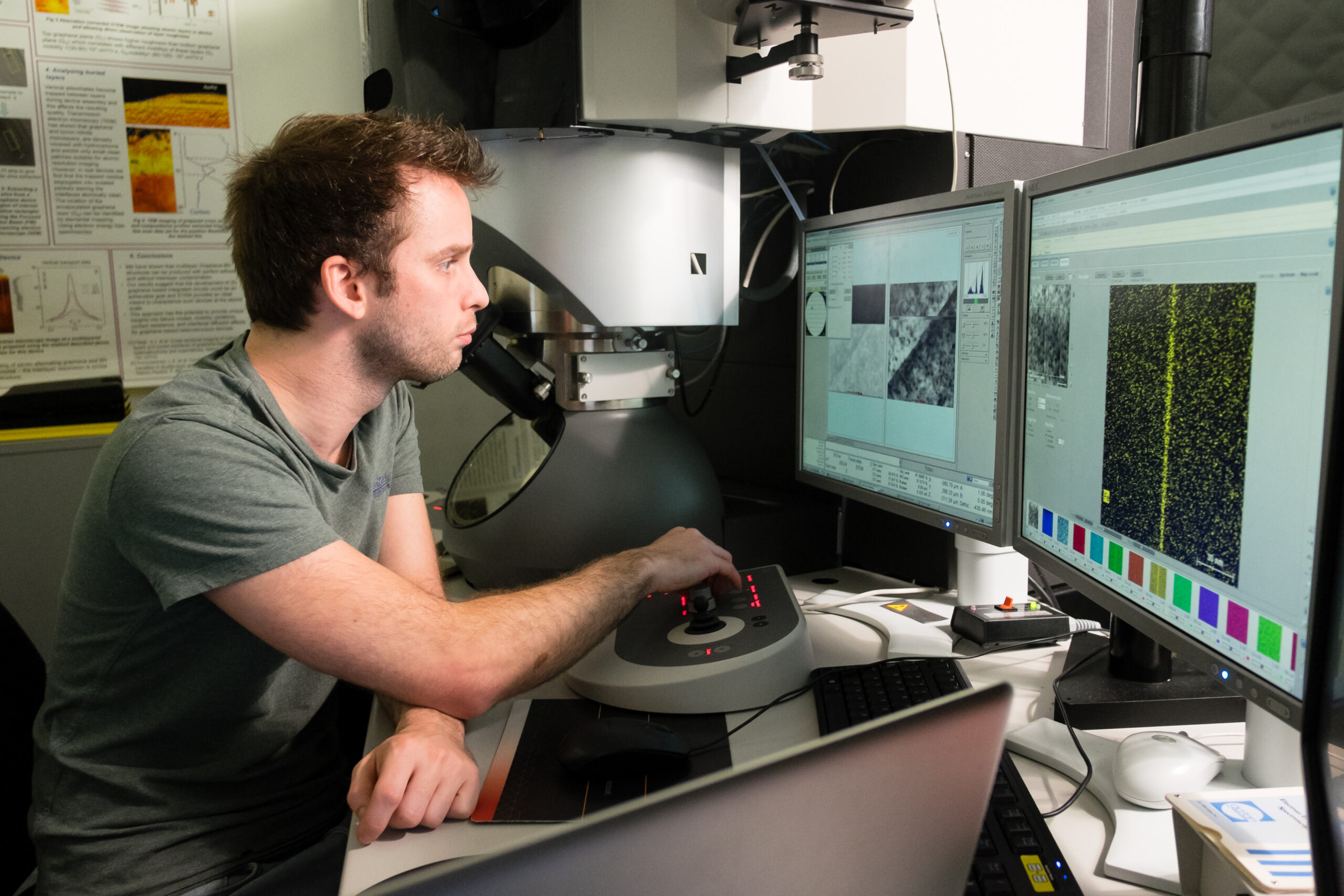
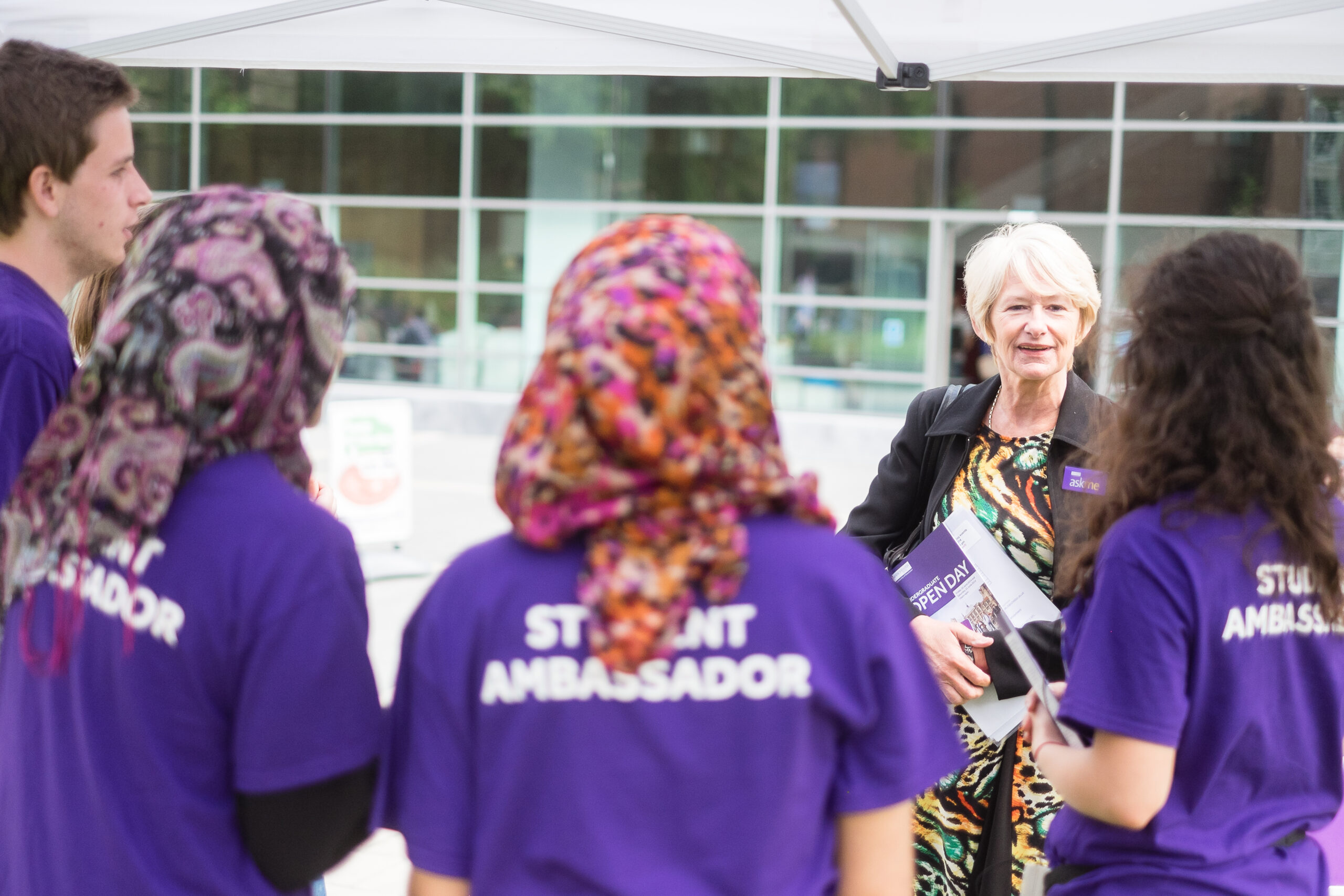
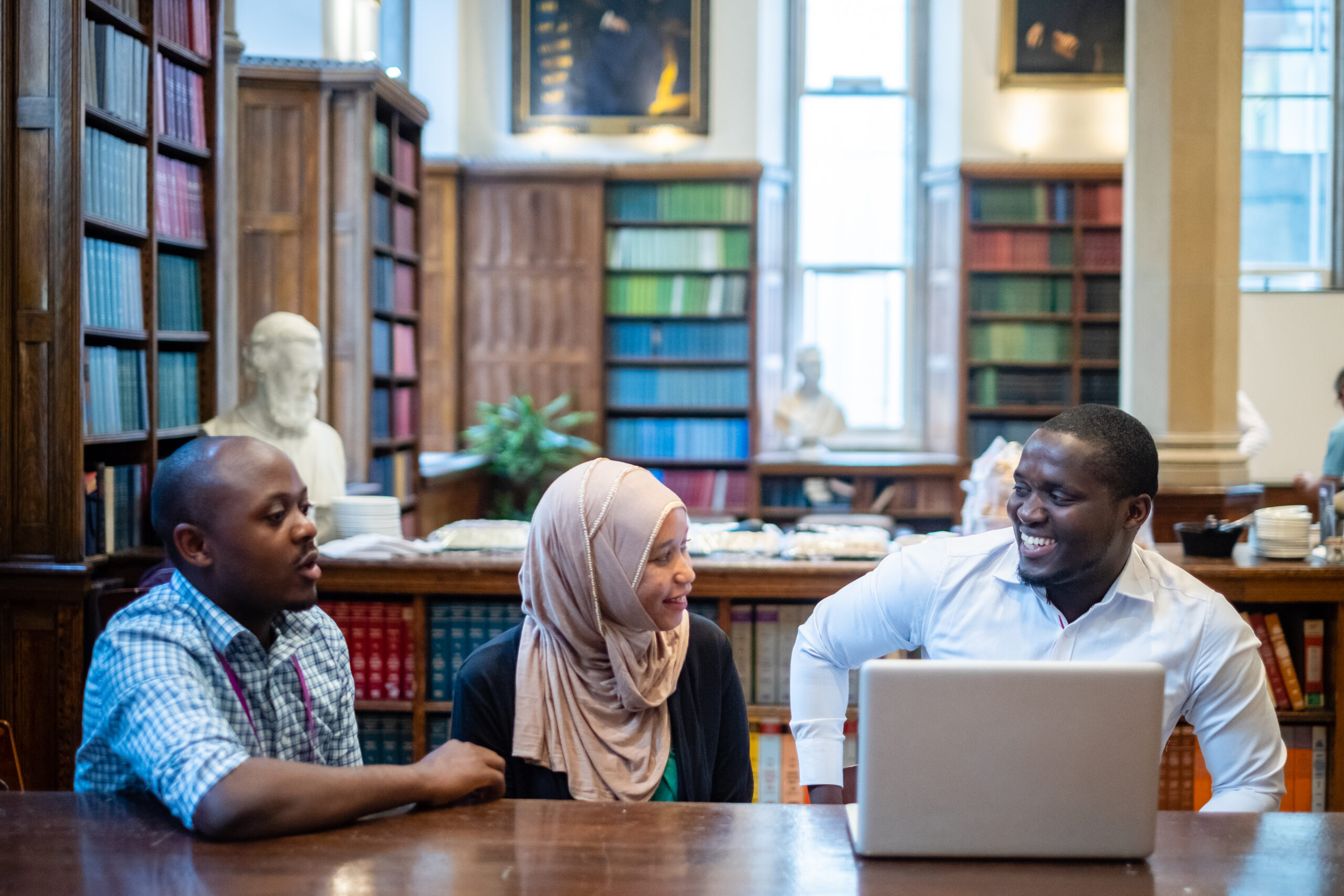
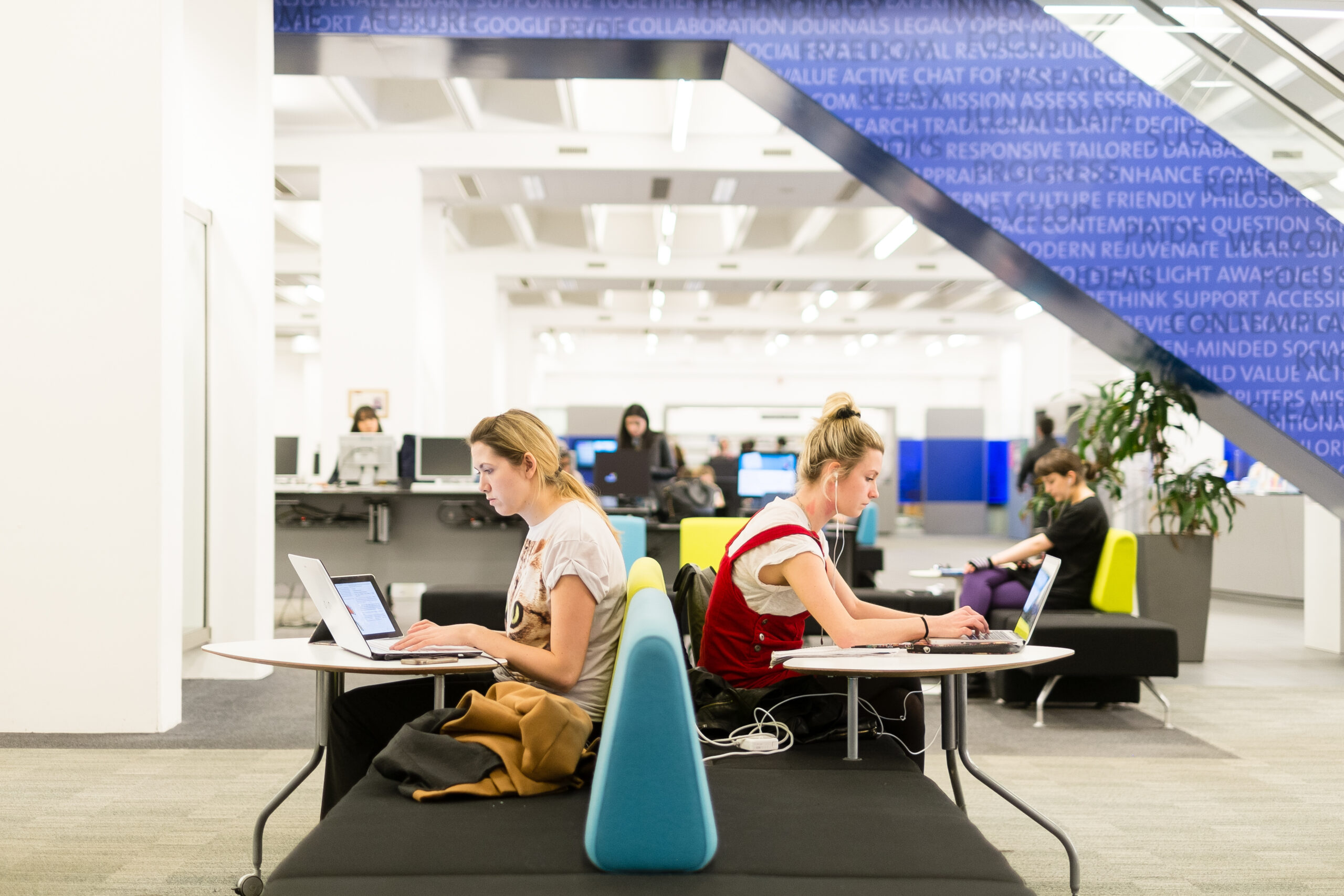
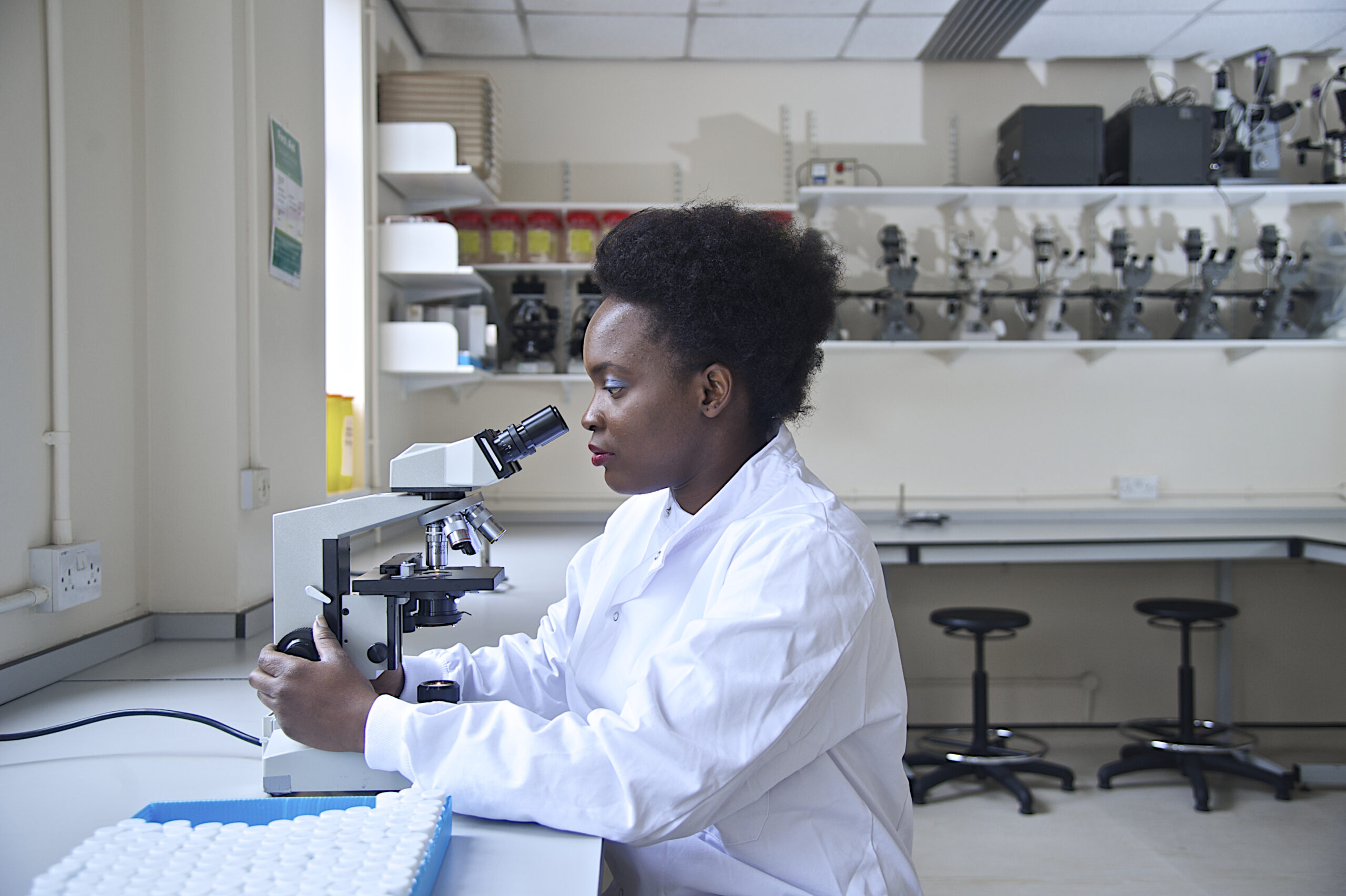

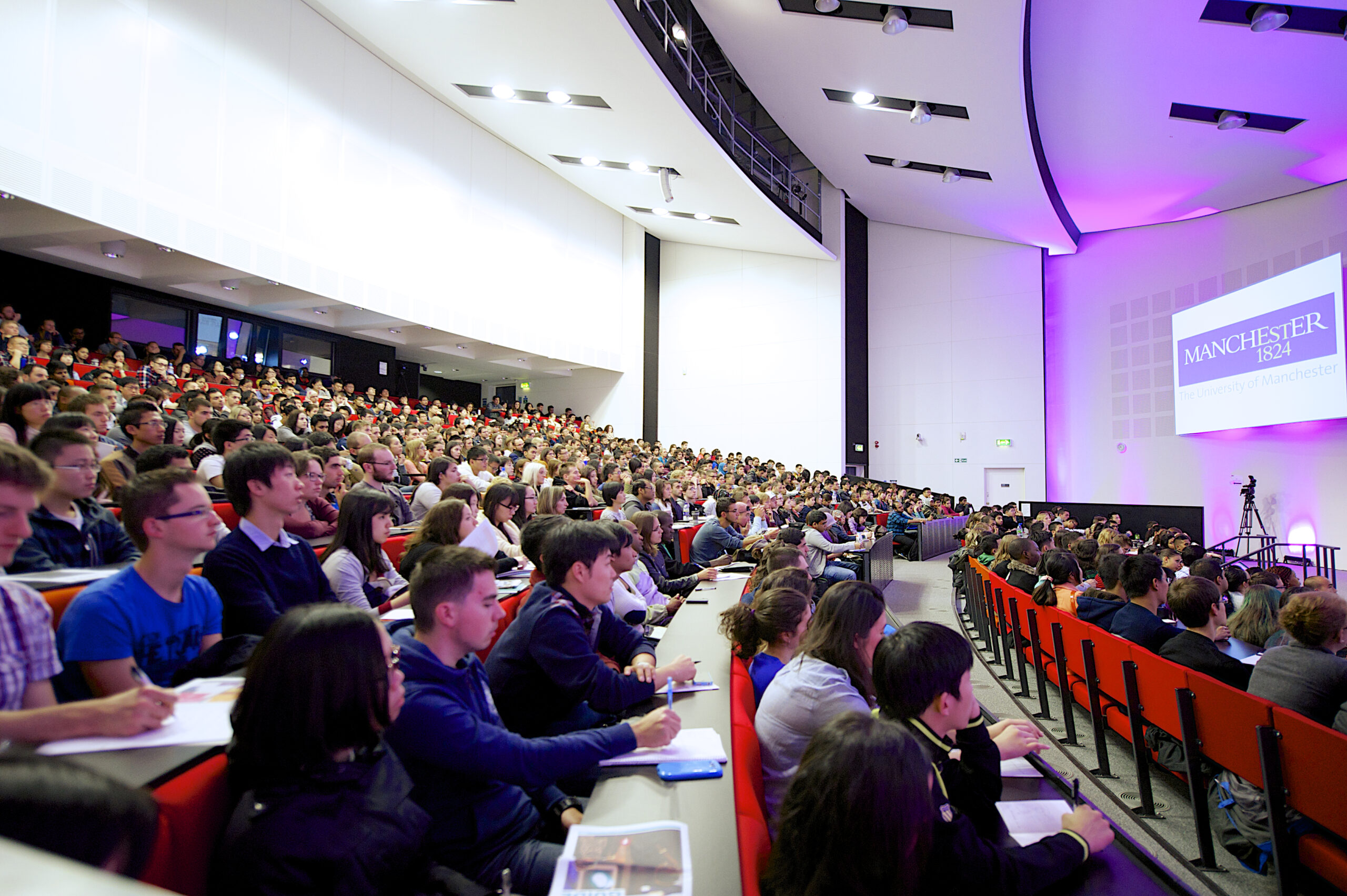
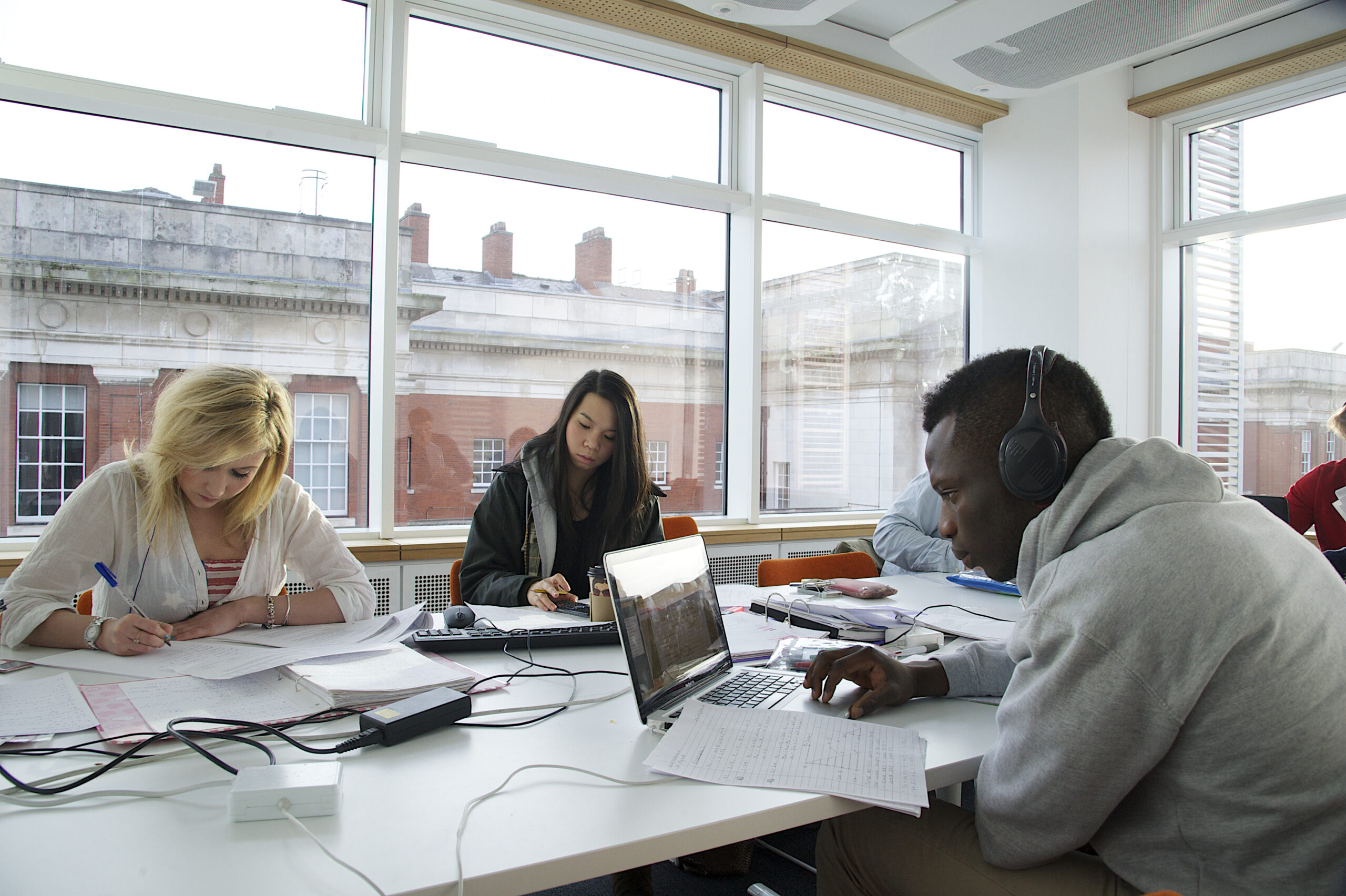
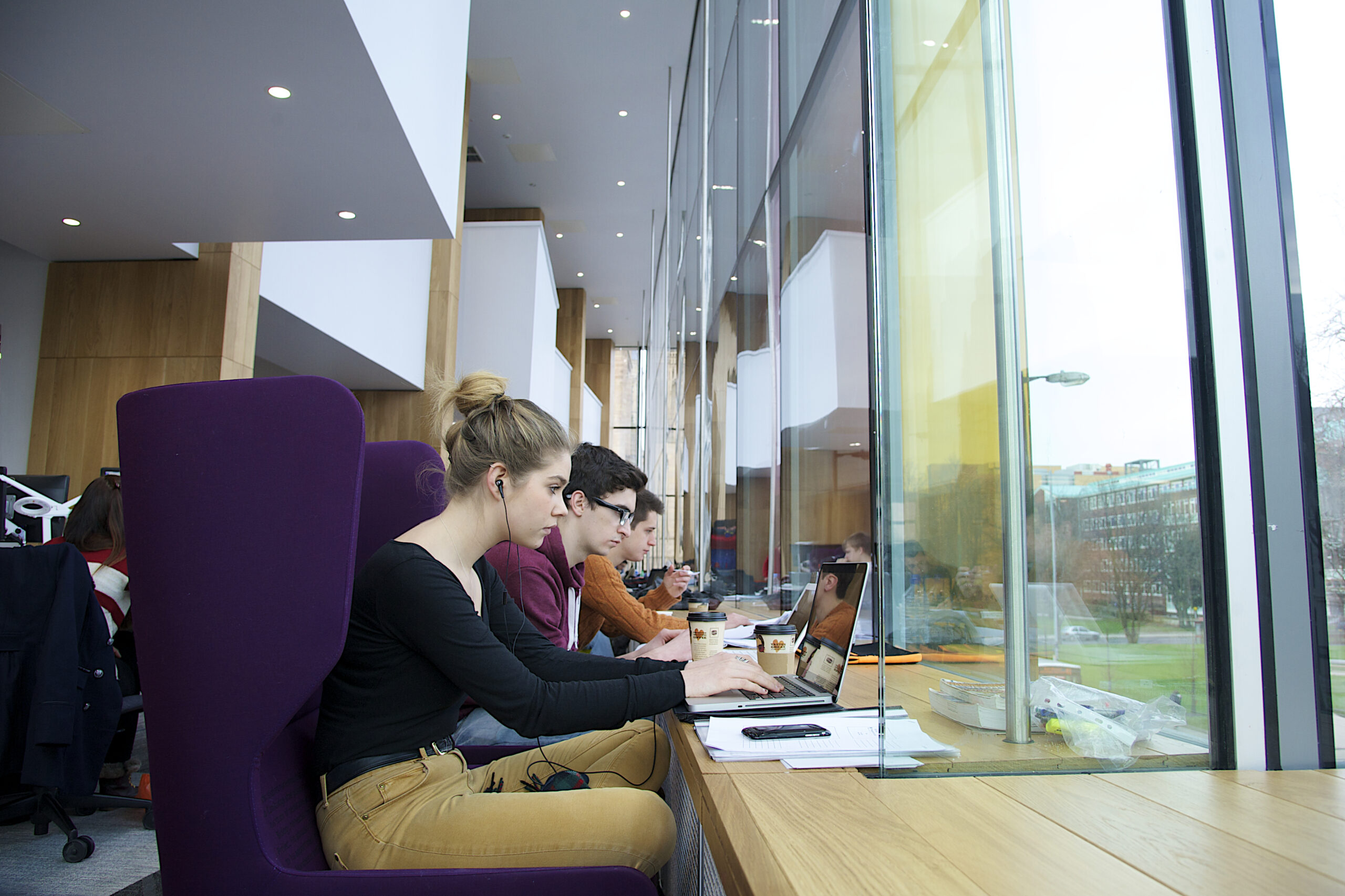
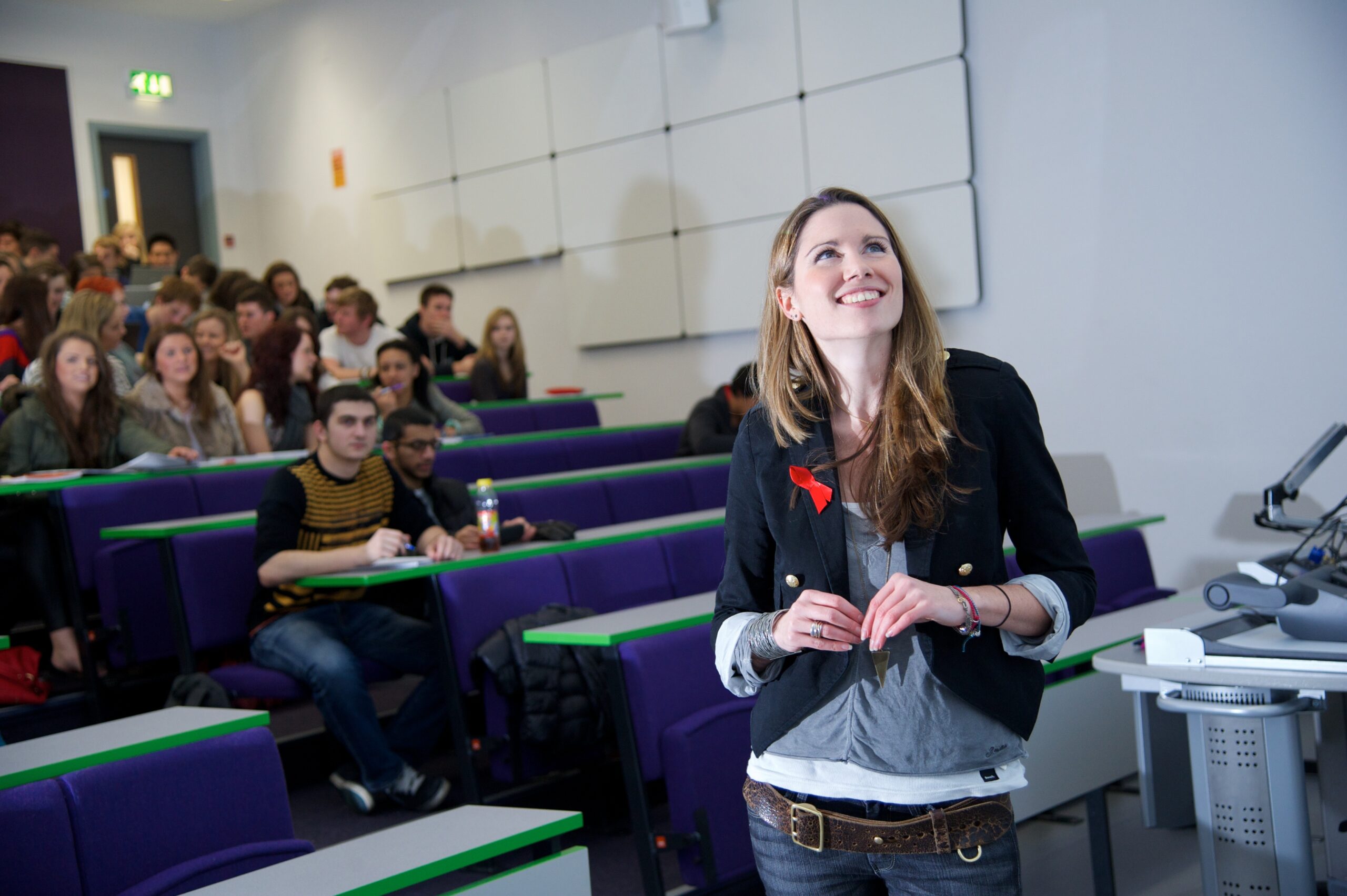




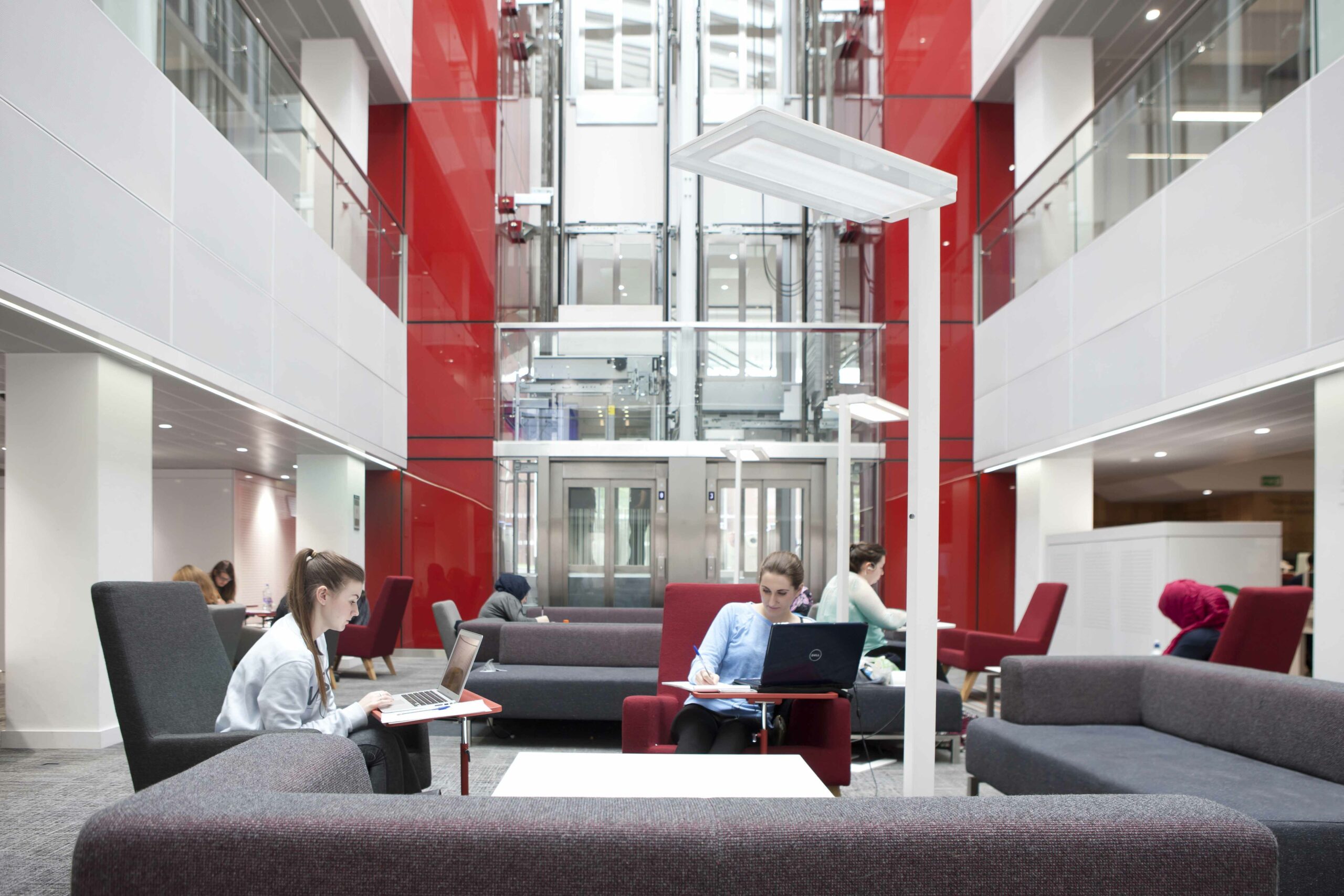

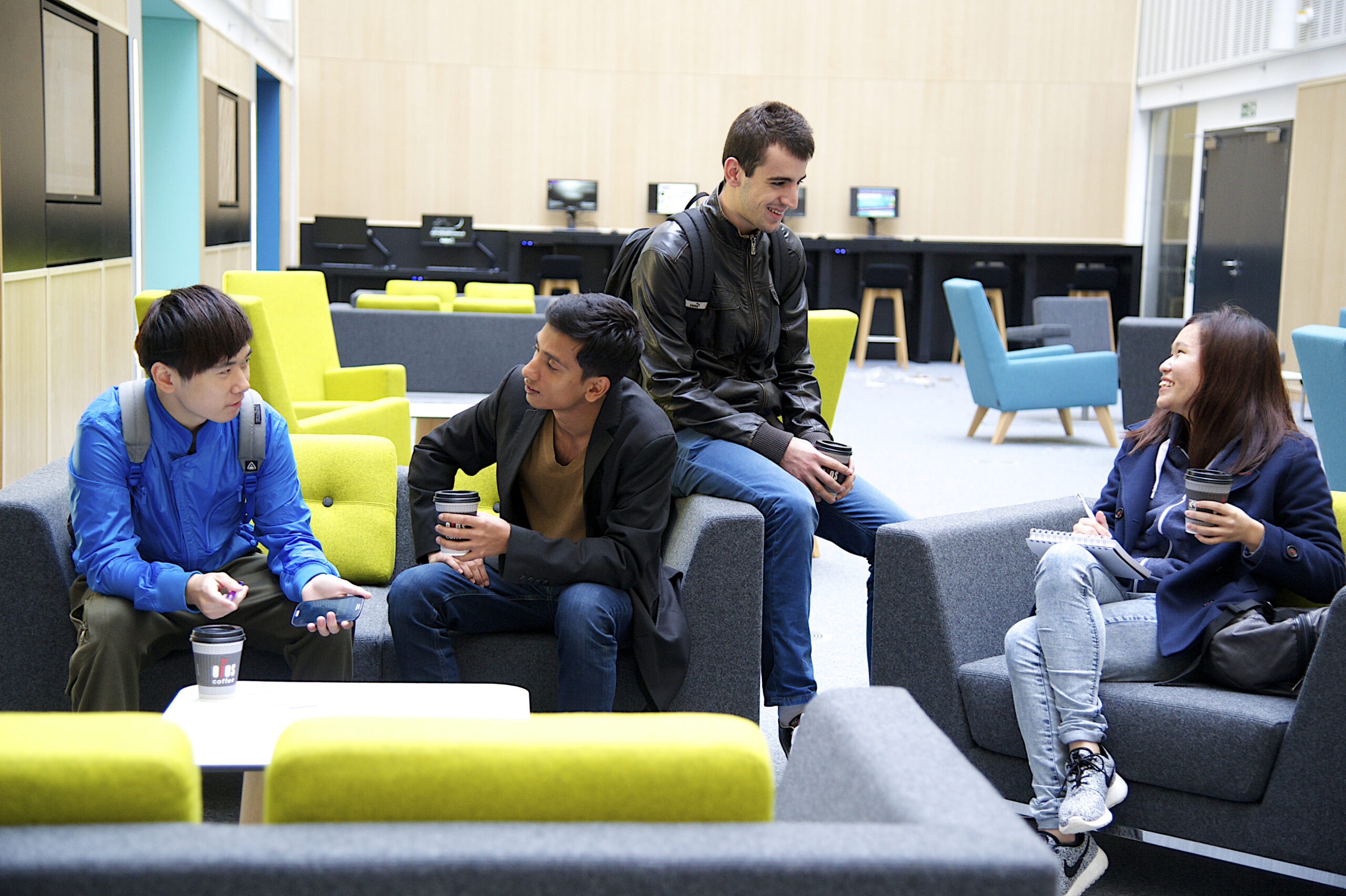

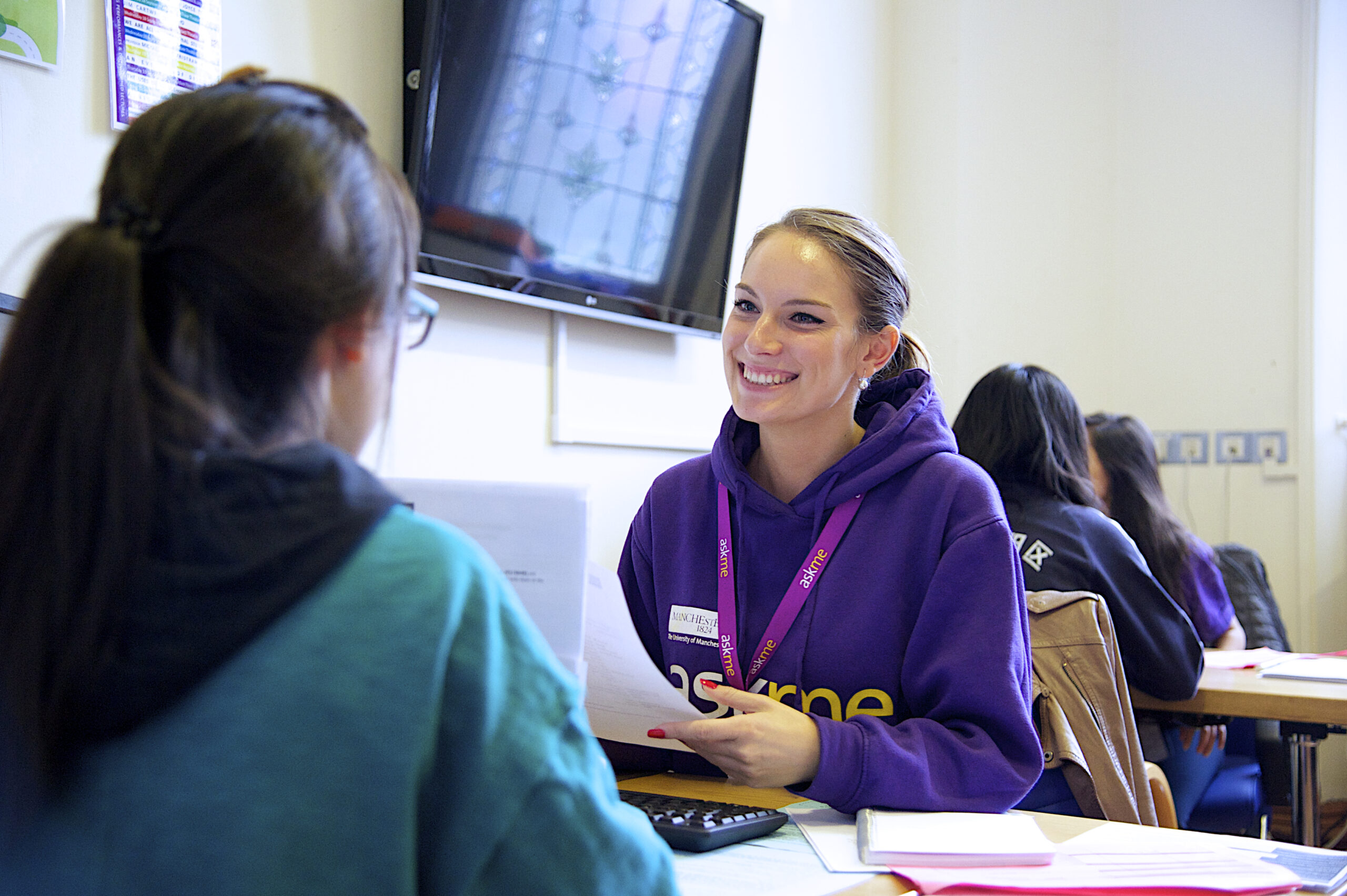
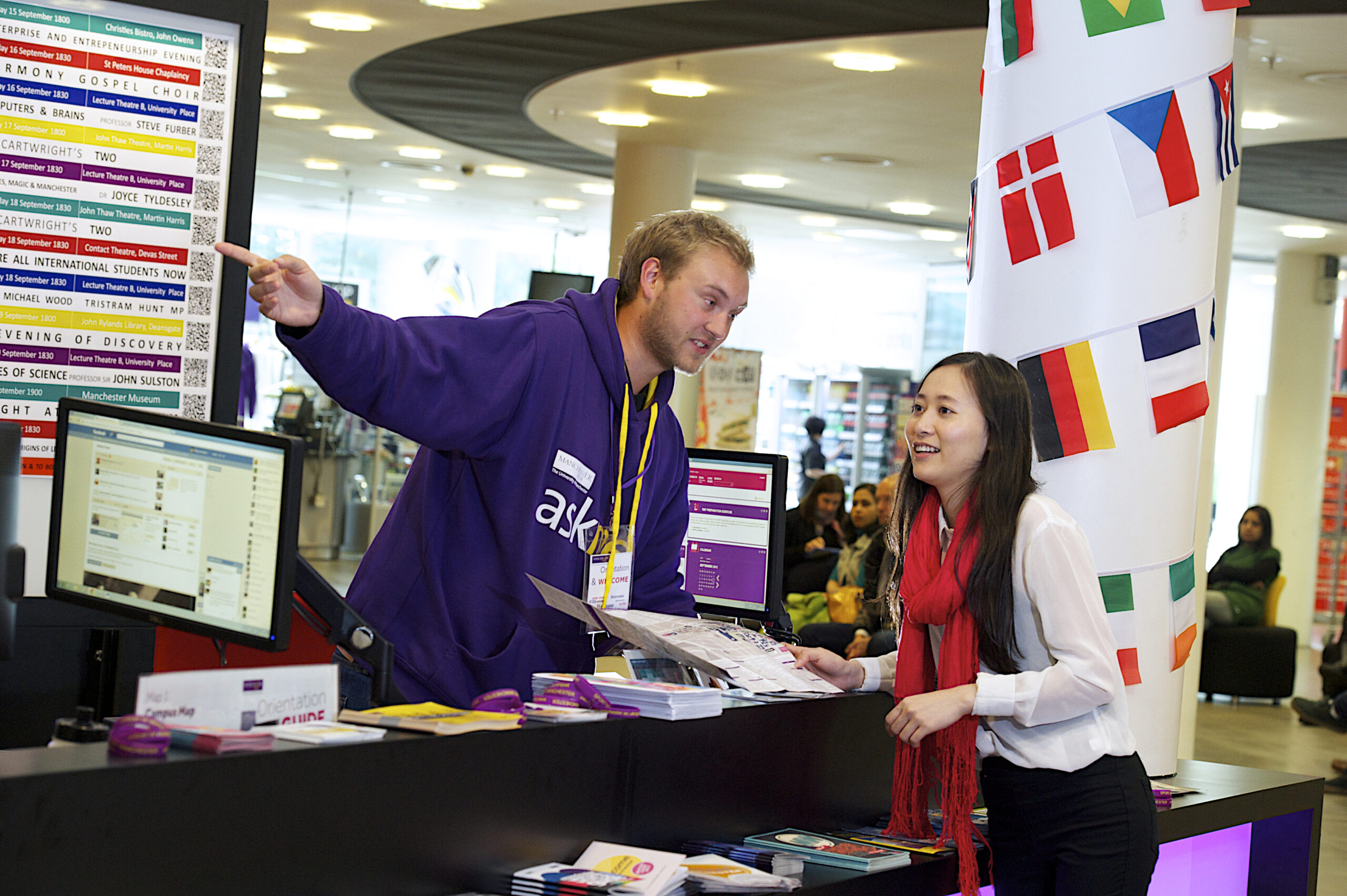
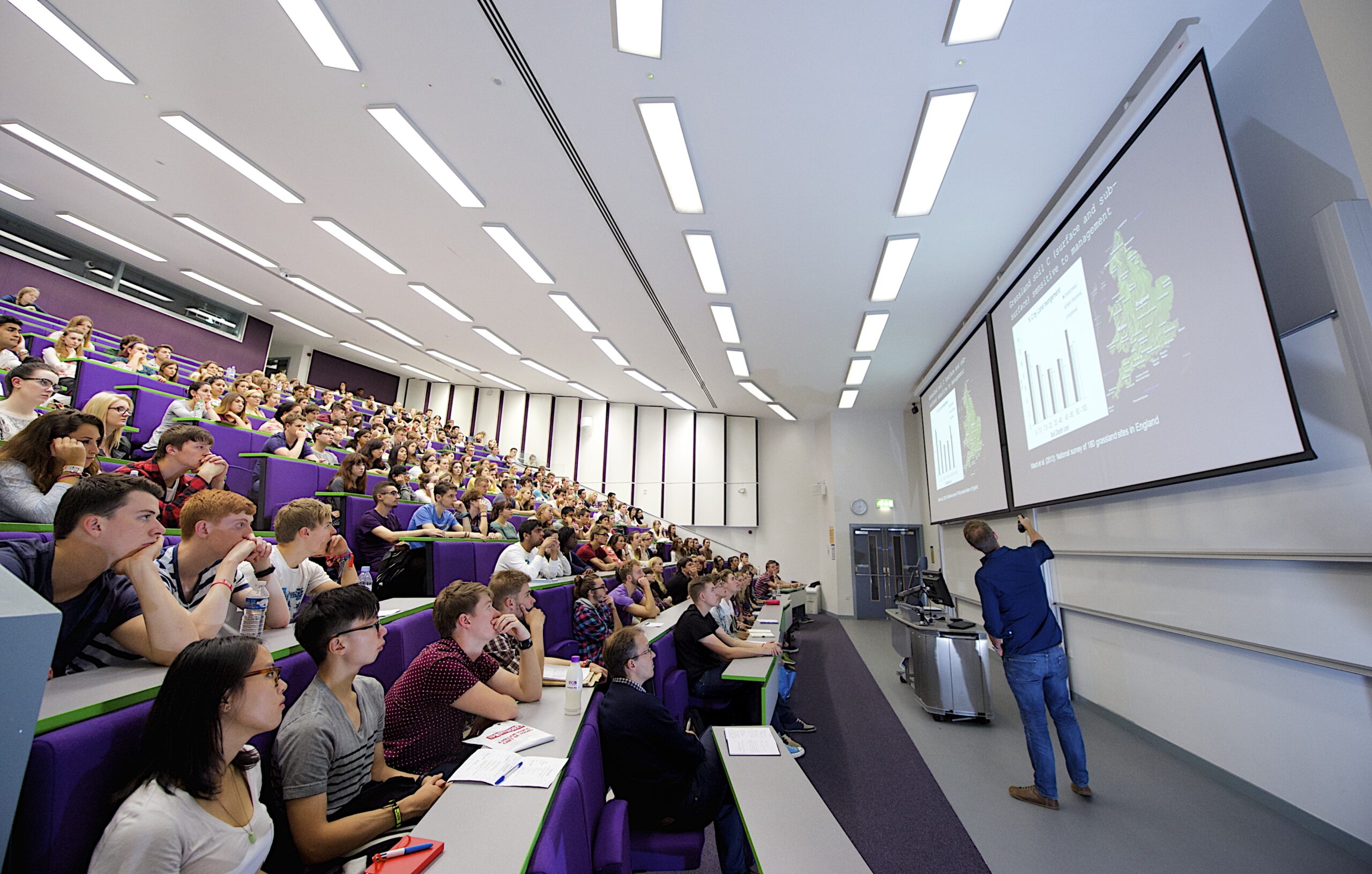

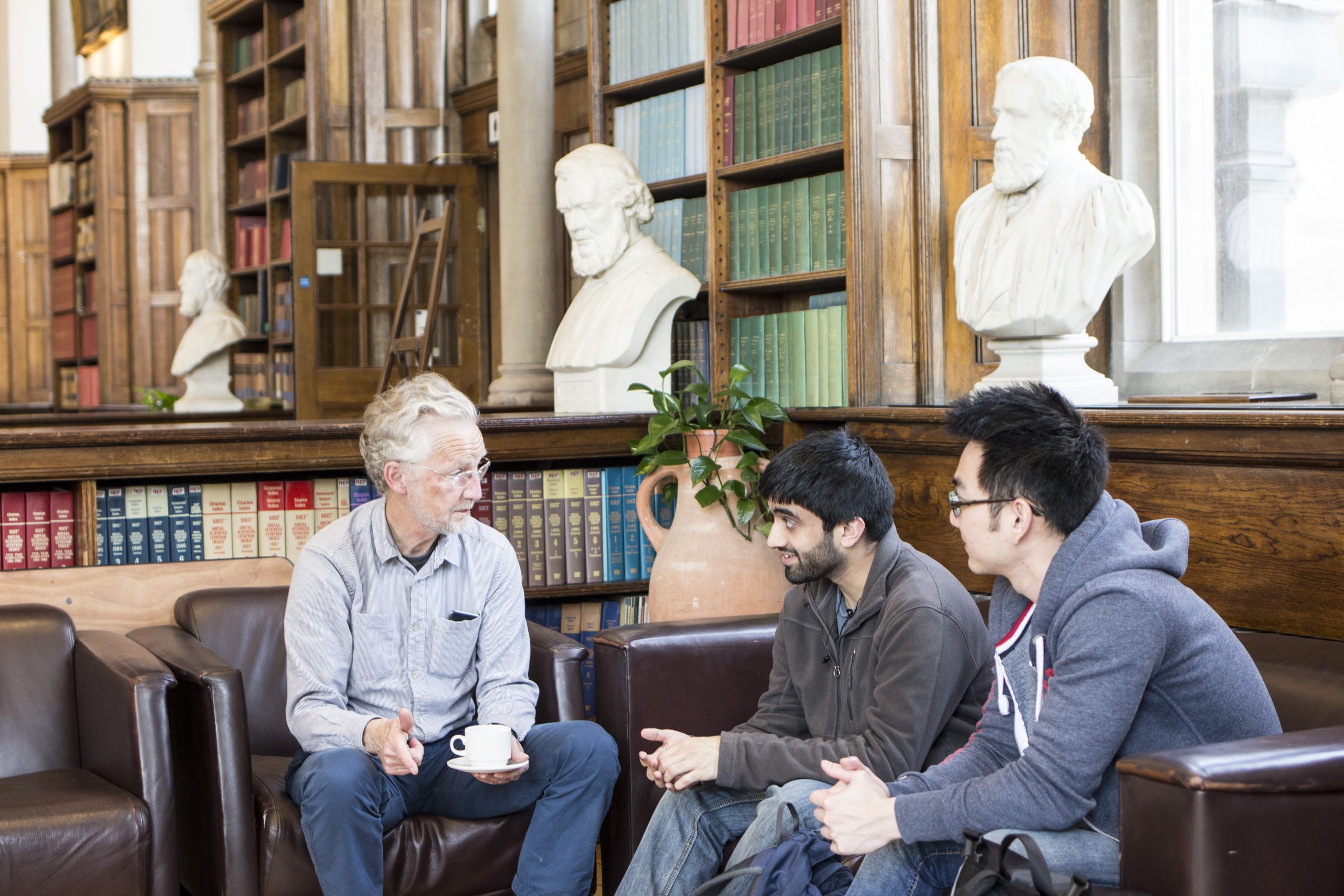
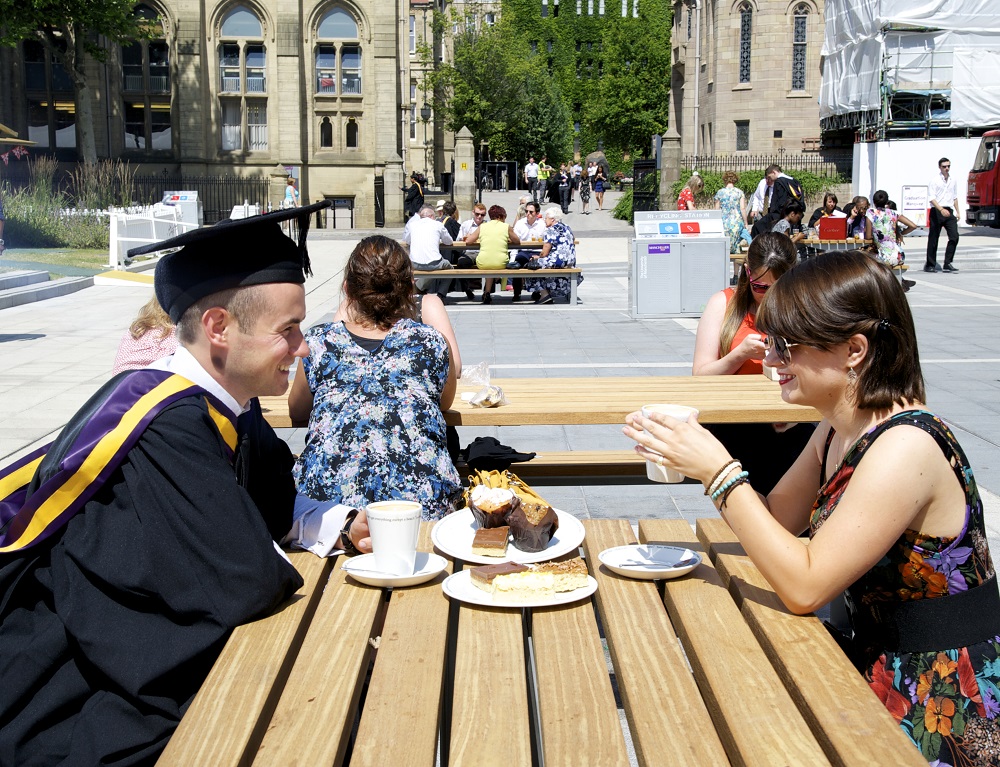


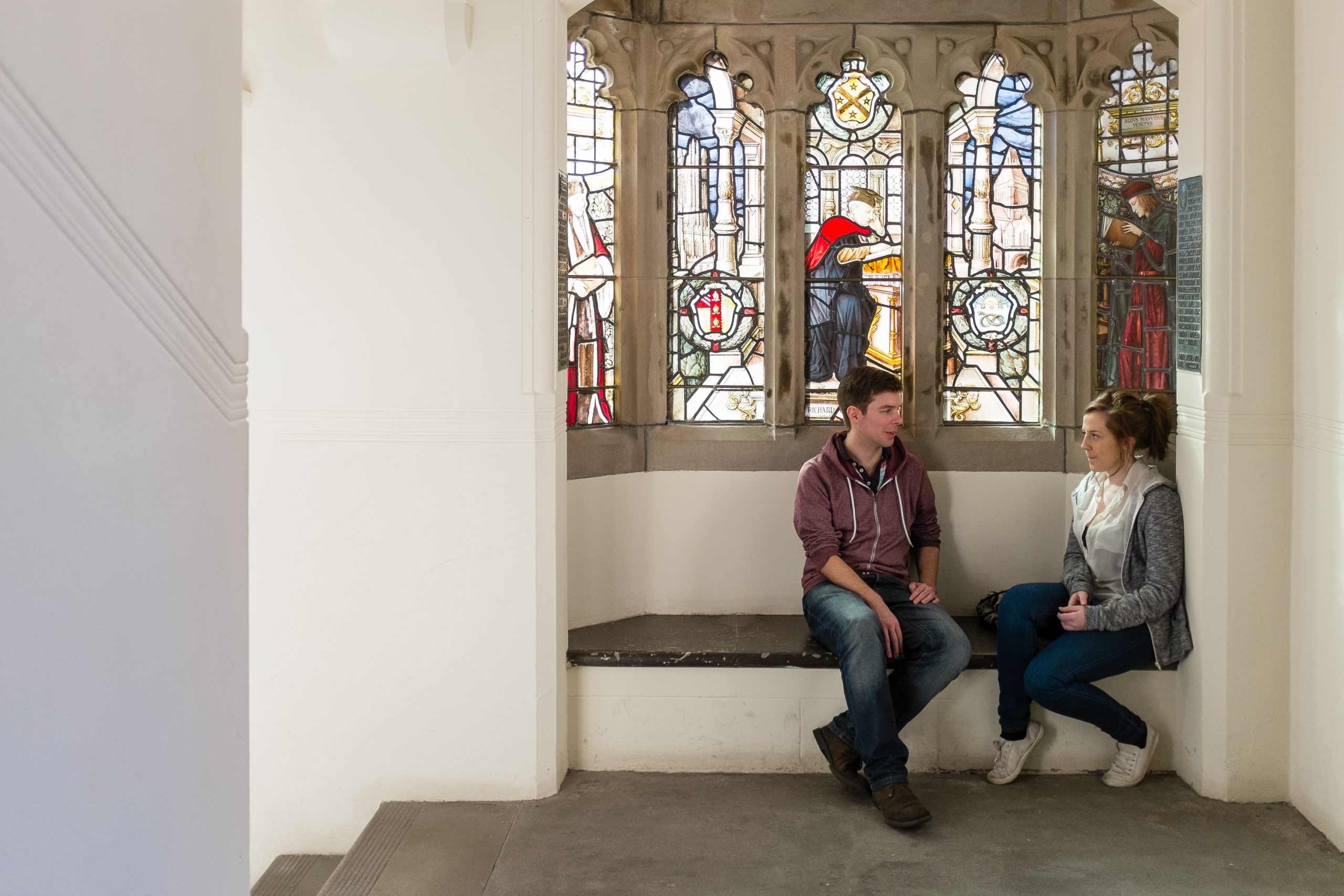

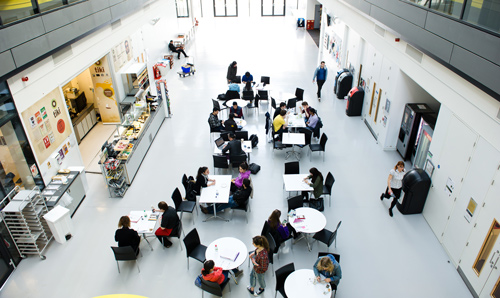
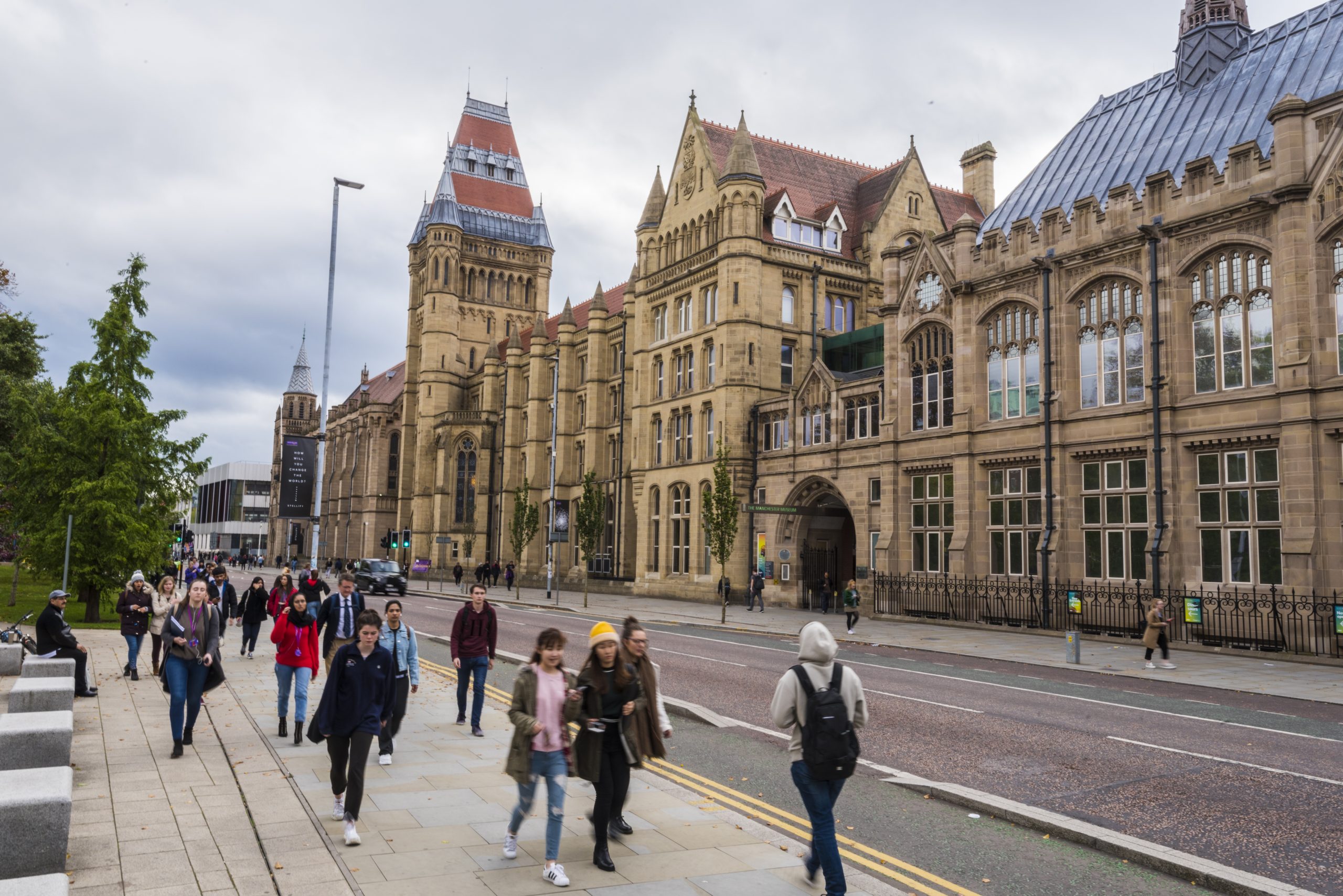


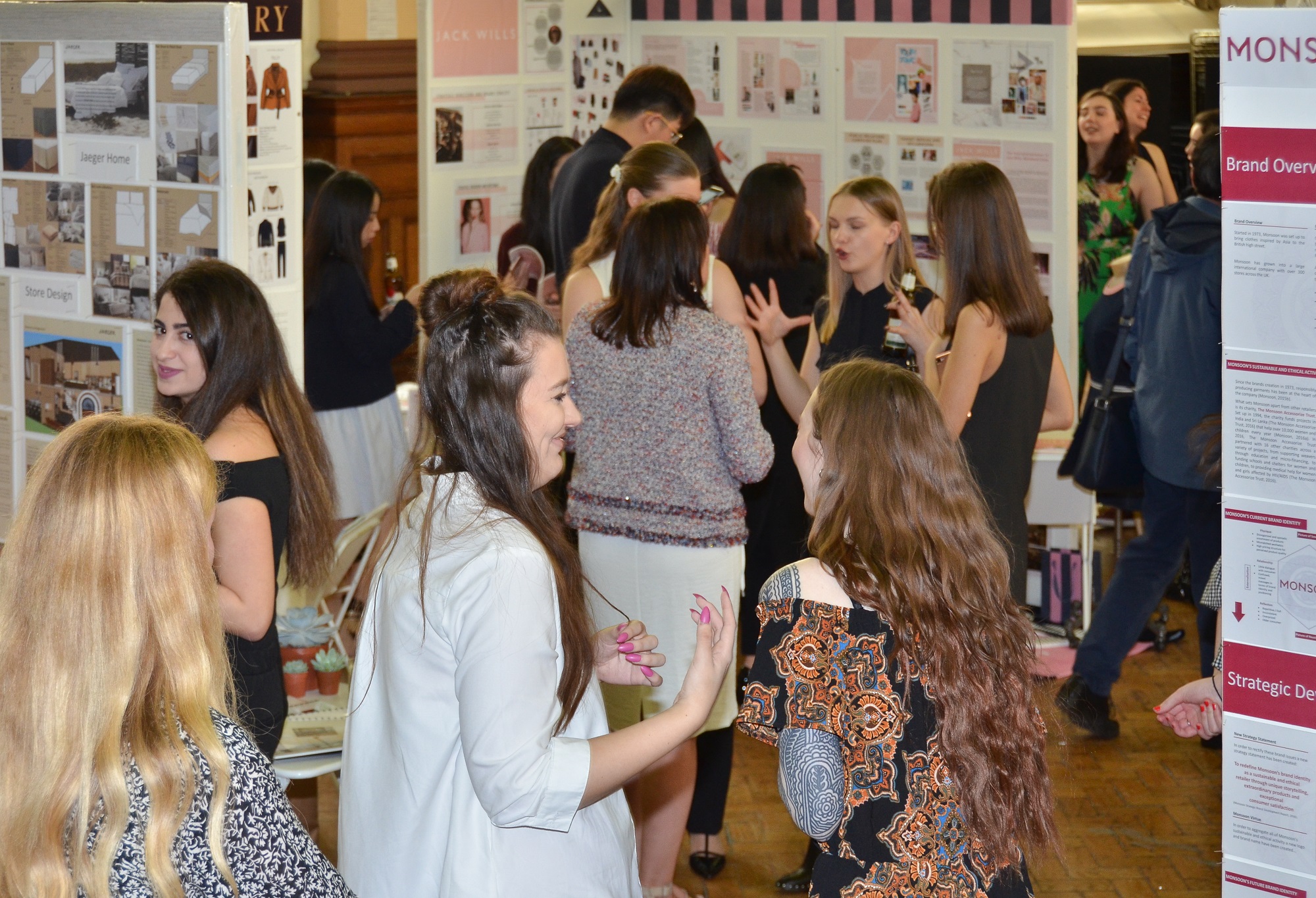
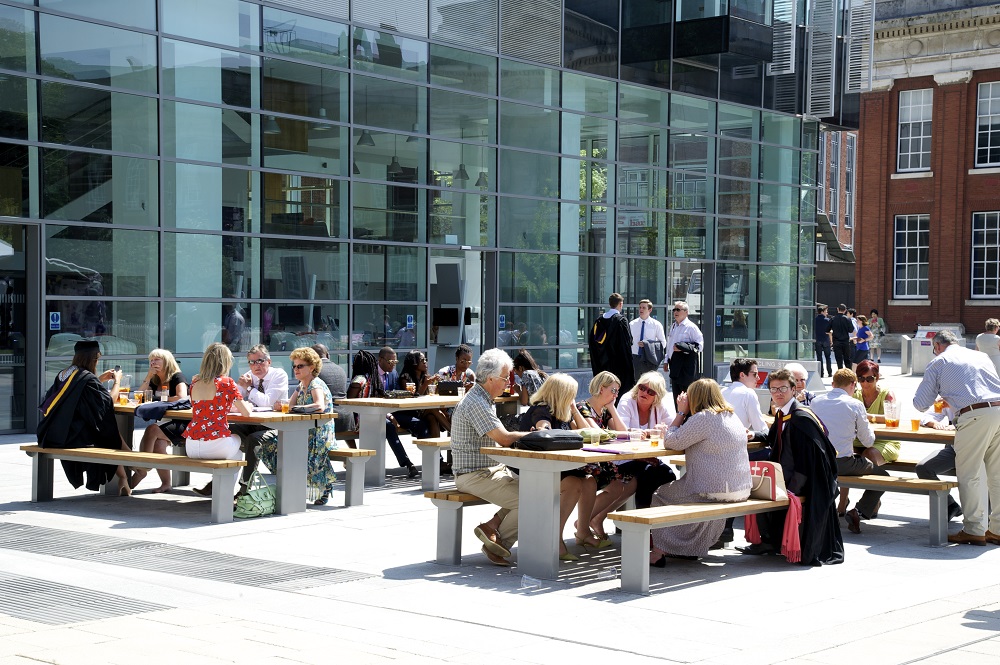
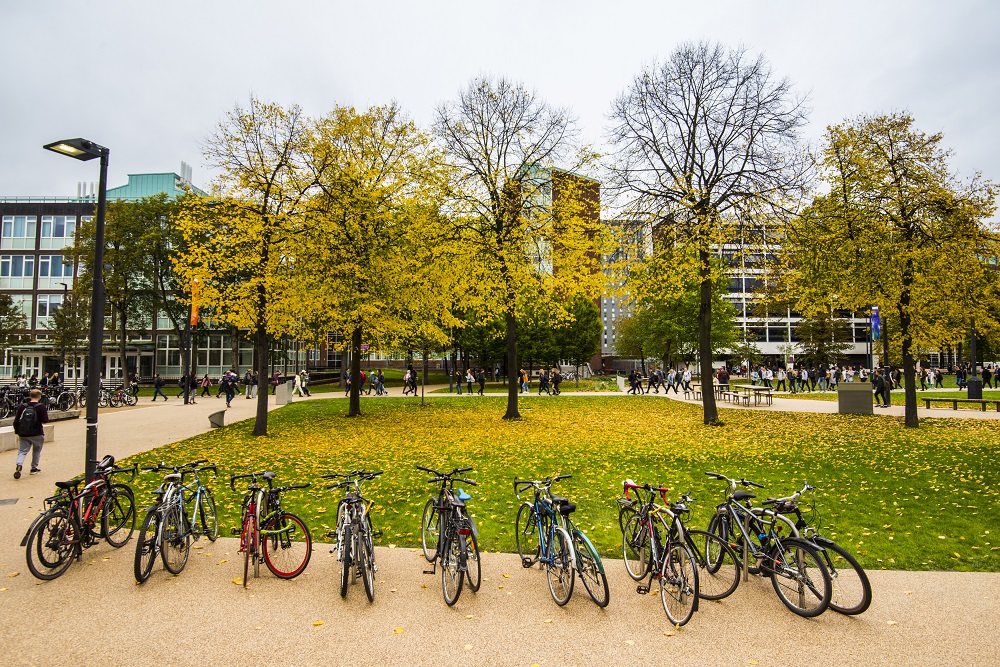

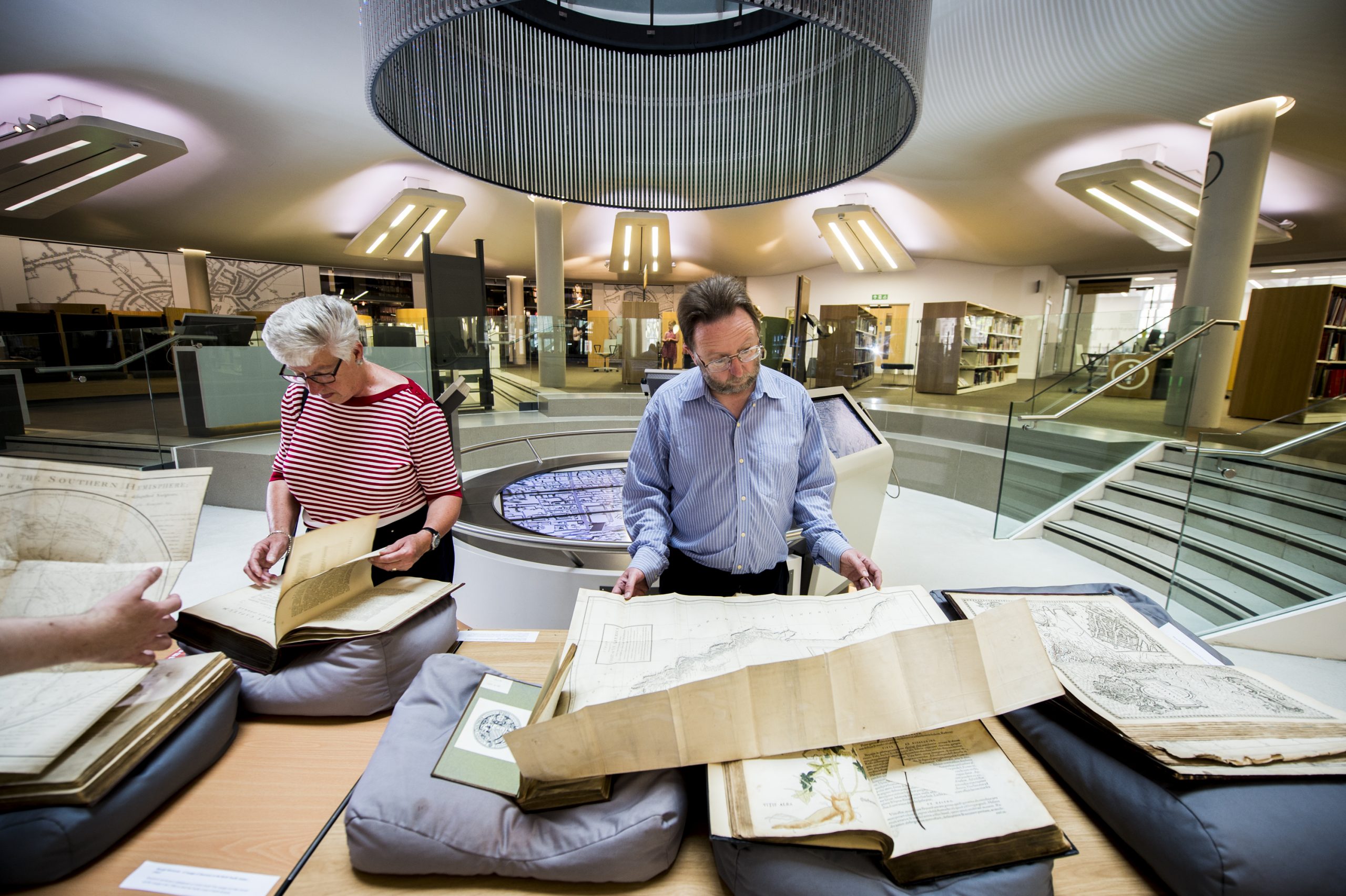
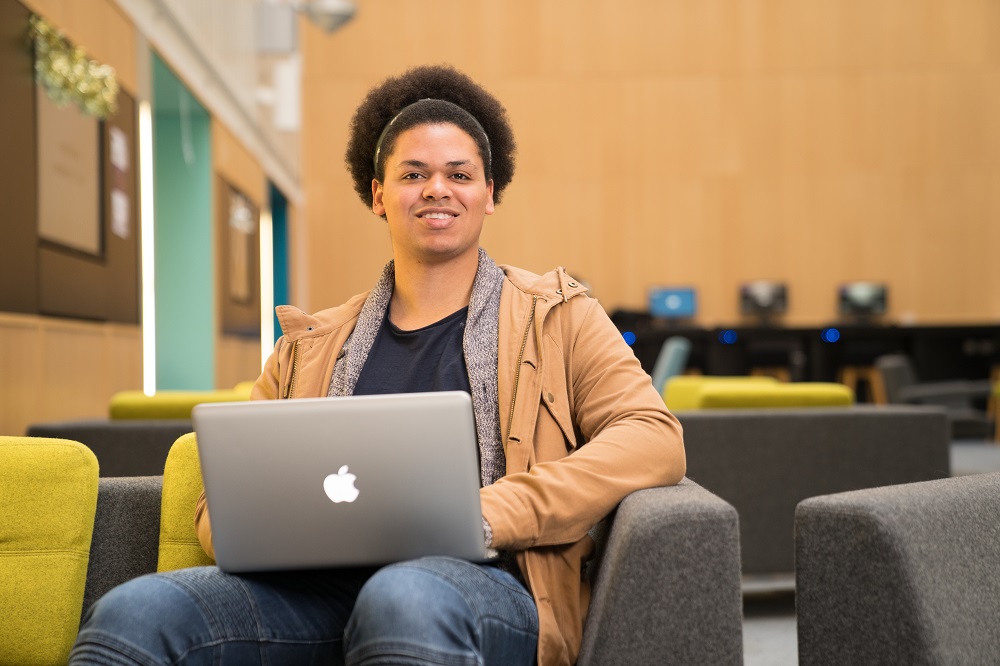
The University of Manchester is recognised globally for its pioneering research, breadth of teaching and learning and for its commitment to social responsibility. The world’s big challenges demand urgent action – we’re working across boundaries and disciplines to create healthier, more equal futures; helping to eradicate poverty; ensuring energy supply for future generations; and protecting our planet for the years to come.
In 2024, we’re celebrating our bicentenary: 200 years of education and innovation. This milestone event is an exciting time to reflect on the past, recognising our key discoveries, pioneering ideas and world firsts while looking forward to what our third century could bring.
Our history
The University of Manchester was the first and most eminent of England’s civic universities. Our earliest roots can be traced back to 1824 with the formation of the Manchester Mechanics’ Institution, founded as part of a national movement for the education of working men, and with the creation of the Manchester Royal School of Medicine.
The University of Manchester, in its present form, was created in 2004 by the amalgamation of the Victoria University of Manchester and the University of Manchester Institute of Science and Technology (UMIST).
We have a rich history of attracting brilliant minds to the University, with 25 Nobel laureates among our current and former staff and students, including Ernest Rutherford, Arthur Lewis, and most recently, Andre Geim and Kostya Novoselov.
The present
Part of the prestigious Russell Group of UK universities, The University of Manchester is one of the UK’s largest single-site higher education institutions. We operate at scale with an annual turnover of £1.35 billion, a significant ongoing capital investment programme and over 500,000 alumni.
The University is a truly global institution, with a reputation for education and innovation that resonates across the world. Today, we are ranked:
We operate at some scale with an annual turnover in 2022/3 of £1.35bn, 13,000 staff, around 46,000 students and more than 500,000 alumni.
We are the most popular university for UCAS applications. We have around 17,000 international students from our total student community. Our students come to live and study in Manchester and learn to be global citizens. They are attracted by our powerful sense of place, our academic ranking, the diversity of our courses, the impact of our social responsibility and by the city’s rich cultural and sporting heritage
Learn more about our rankings and reputation.
Manchester is the original modern city, responsible for pioneering events and movements that shaped the past and continue to influence the world as we know it today. The Industrial Revolution powered by canals and steam had its origins here – alongside it came fundamental societal developments such as trade unionism, the cooperative movement and the suffragettes.
The University is a proud Manchester institution – inspired by its revolutionary history, we act courageously and challenge assumptions to create the exceptional.
We are an anchor institution: critical to the economic, social, cultural and environmental wellbeing of the city and our region. The University is committed to its local community, and we recognise the importance of our civic role. In collaboration with Manchester Metropolitan University, Royal Northern College of Music, University of Bolton and University of Salford, we have developed a joint Civic University Agreement with the Greater Manchester Combined Authority (GMCA) and its ten local authorities to drive social and economic change in the city region.
We make a significant contribution to the city and region’s cultural credentials, with our own Manchester Museum, John Rylands Research Institute and Library and the Whitworth among the city’s cultural landmarks, and the iconic Lovell Telescope just a short drive away at our Jodrell Bank Discovery Centre
Manchester has been ranked as the top UK city to live in (The Economist’s Global Liveability Index 2022) and in 2021, the city was ranked in the top three of Time Out’s World’s Best Cities.
It’s a cosmopolitan city, and its cultural life is internationally renowned. There are three outstanding professional theatre companies, the concert halls of the Hallé and BBC Philharmonic orchestras, HOME, and Europe’s fastest-growing Chinatown.
Among developments enriching the area’s cultural life are the Lowry Centre and MediaCityUK at Salford Quays, the Bridgewater Concert Hall, the refurbished City Art Gallery, and the Imperial War Museum North, designed by Daniel Libeskind, in Trafford.
Our Vision is to be recognised globally for the excellence of our people, research, learning and innovation, and for the benefits we bring to society and the environment.
In 2019, we launched ‘Our Future’, which affirmed our core purpose to advance education, knowledge and wisdom for the good of society and set out ambitious targets for the next 5 years. It established three core goals, which are encapsulated in our motto: knowledge, wisdom, and humanity:
and four themes:
Our Future sets an ambitious agenda to build on the University’s distinctive strengths, with a commitment to make a difference to society and the environment and protect our unique status as an open place of enquiry and challenge.
It points to a future where we will expand our world-leading research to address the most challenging global questions and exploit our capability for interdisciplinary research; transform the way our students learn to make them the most employable graduates and truly global citizens; and ensure that all our activities make a positive difference to society.
The strategic plan reinforces what already makes The University of Manchester distinctive: our excellence, openness and inclusivity, our longstanding commitment to social responsibility, our scale and breadth, our tradition of innovation, and our very close bonds with, and location at the heart of, Manchester.
Universities such as ours are ideally positioned to help address many of the world’s major challenges, finding new means to deliver environmental sustainability, close the gap of societal inequalities, improve health, inform and empower citizens, and create the leaders of the future. To read ‘Our Future’ in full, click here.
From life-saving research to life-changing teaching, from gold medals to green spaces, everything we do at our University has people, our students, colleagues, and alumni, at its heart. Together we achieve great things, working collectively towards our shared goals.
Our people and our values are at the heart of the University’s strategic plan, focusing on transforming how colleagues across the institution work together, and in partnership with our students, alumni and external partners, to contribute to achieving our vision. Our people, as they always have been, are the most important part of the University’s future. Working together, we will ensure that Manchester continues to be a University of which our people are proud – a great place to work and study, as well as an institution where we successfully utilise new opportunities and further develop a culture of ongoing improvement with respect to all our activities and services.
Our People, Our Values, as a theme within our strategic plan and developed through the university’s People and Organisational Development Strategy, includes initiatives that will encourage staff and students to achieve great things in a supportive and sustainable environment, with access to outstanding facilities and be part of an organisation committed to equality, diversity and wellbeing that enables everyone to thrive. Our priorities at a glance:
Great people doing great things: We will attract, engage, develop and retain the very best staff, students and alumni. We will also streamline our operations to enable our people to do what they do best while supporting the University’s vision and strategic plan and freeing up time and funds to invest in our core activities.
Wellbeing: We aim to create a place to work and study where all of our people feel able to thrive and can fully achieve their professional and personal aspirations against a backdrop of continuous change. We will increase our efforts to embed the right processes, support, pathways and conditions to help our students and colleagues achieve success. We recognise that the wellbeing of our people is not only the morally right thing for us to support, but also leads to enhanced organisational performance and student outcomes.
Equality, diversity and inclusion: Our students and staff will be representative of the diversity within our communities and supported by fair and progressive employment practices. We will build on our existing work to promote and embed equality, value diversity and promote inclusion, to ensure our University community continues to embrace the breadth of experience, thought, and background, and reflects the wider societies we serve.
Environment and Facilities to Support our People: We will seek to create an outstanding and sustainable working and learning environment that supports our staff and students in achieving their potential. With that in mind, we must balance the expectations of our people, a maturing campus estate, the possibilities created by technology, the cost of change, and our obligations to respond to the climate emergency in a coherent long-term plan
Our values: We will bring our values – knowledge, wisdom, humanity, academic freedom, courage and pioneering spirit – to life across our University as we work together to deliver Our future. We will embed our values across the employee experience, including developing a values-led approach to our employer brand, staff recruitment, reward and recognition, and wellbeing. Our values have already been demonstrated through recent achievements that have seen Manchester named as one of the world’s leading universities for action on sustainable development (Times Higher Education University Impact Rankings), the creation of ID Manchester (Europe’s most ambitious innovation district) and our approach to hybrid working in Professional Services, which will deliver significant mutual benefits for colleagues and our University.
Full details are available here.
From our beginnings nearly 200 years ago as England’s first civic university, we’ve sought to break down barriers and improve lives. At The University of Manchester we celebrate our diversity and the diversity of the communities we serve.
Our ambition is to be an inclusive place to work and study, one that is characterised by equity, diversity, and a sense of belonging for our community.
Our vision is to be recognised by staff, students, alumni, and our partners as an inclusive organisation. We will do this by creating an outstandingly inclusive place to work and study that is characterised by equality, seeing the value of diversity and where all have a sense of belonging.
We are committed to meeting and exceeding our obligations under current legislation and by doing more, we build on Manchester’s existing reputation for its rich diversity and ensure we equip all our staff and students with the knowledge to sustain and enjoy a fully inclusive study and work environment. Recognising, embracing and valuing difference leads to improvements for all.
We are proud to employ a workforce that reflects the diverse community we serve and a student community from more than 170 countries. See our Equality report for 2023.
Hear what our staff and students say here.
Job title: Executive Director of EDI
Reports to: Registrar, Secretary and Chief Operating Officer
Organisation Unit: Directorate of Equality, Diversity and Inclusion
Date: May 2024
Grade: 9 – Competitive Salary
JOB PURPOSE
To provide the depth and breadth of leadership required to enable the University to deliver on its ambition to be sector leading in equality, diversity, and inclusion (EDI) and an exemplar for all. To lead the continued implementation of our ambitious ‘Our People, Our Values, Our Future’ EDI strategy and support enabling interventions and policies for staff and students that will contribute to the achievement of the University’s strategy “Our Future”. Additionally, to provide expert advice and guidance to the University and its senior leaders. Responsible for leading the Equality, Diversity and Inclusion Directorate.
Main duties and responsibilities
The Executive Director of EDI will be expected to demonstrate and be accountable for the following:
Contribute to the delivery of the PS Equality, Diversity, and Inclusion objectives.
Other contextual information / special features
Expected internal and external relationships
Internal
External
PERSON SPECIFICATION
Knowledge, skills and experience needed
Shares the University’s values
Reporting structure for the role
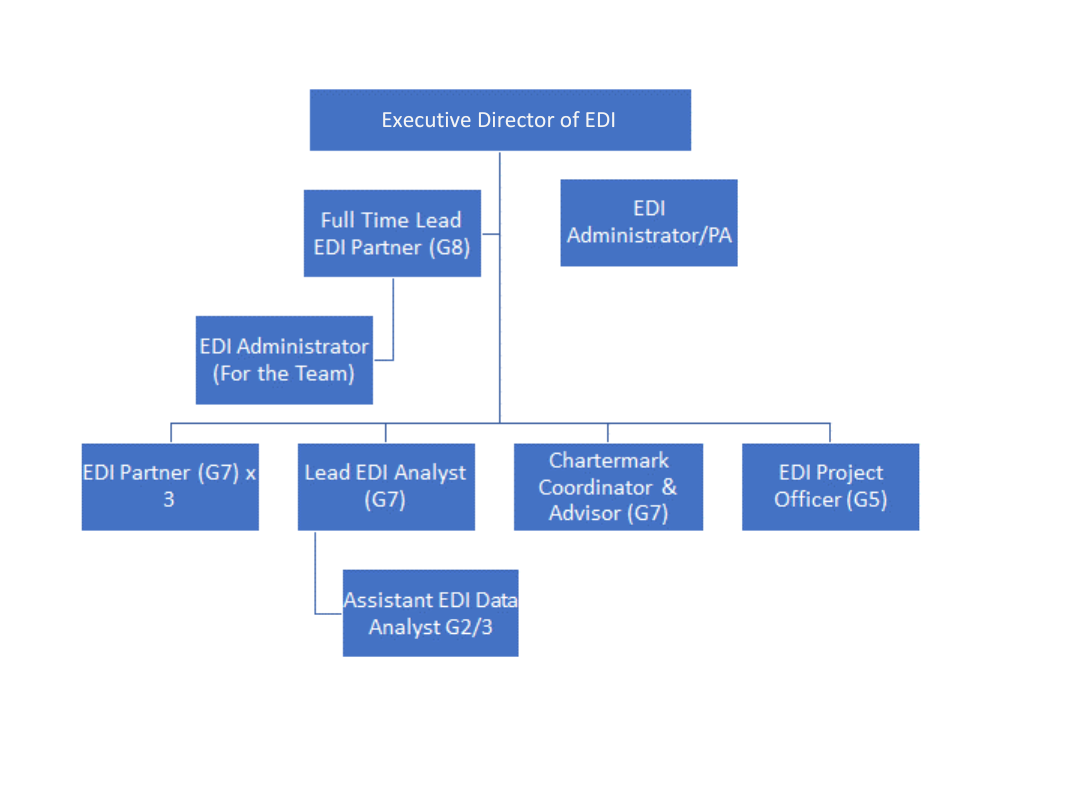
You can read more about the University’s extensive range of benefits here.
Anderson Quigley is acting as an advisor to the University, an executive search process is being carried out by Anderson Quigley in addition to the public advertisement.
The closing date for applications is noon on Friday 28 June 2024.
Applications should consist of:
Should you wish to discuss further details about the role in strict confidence, please contact Aino Betts at aino.betts@andersonquigley.com, +44 (0)7743 934 723 or Elliott Rae at elliott.rae@andersonquigley.com, +44 (0)7584 078 534.